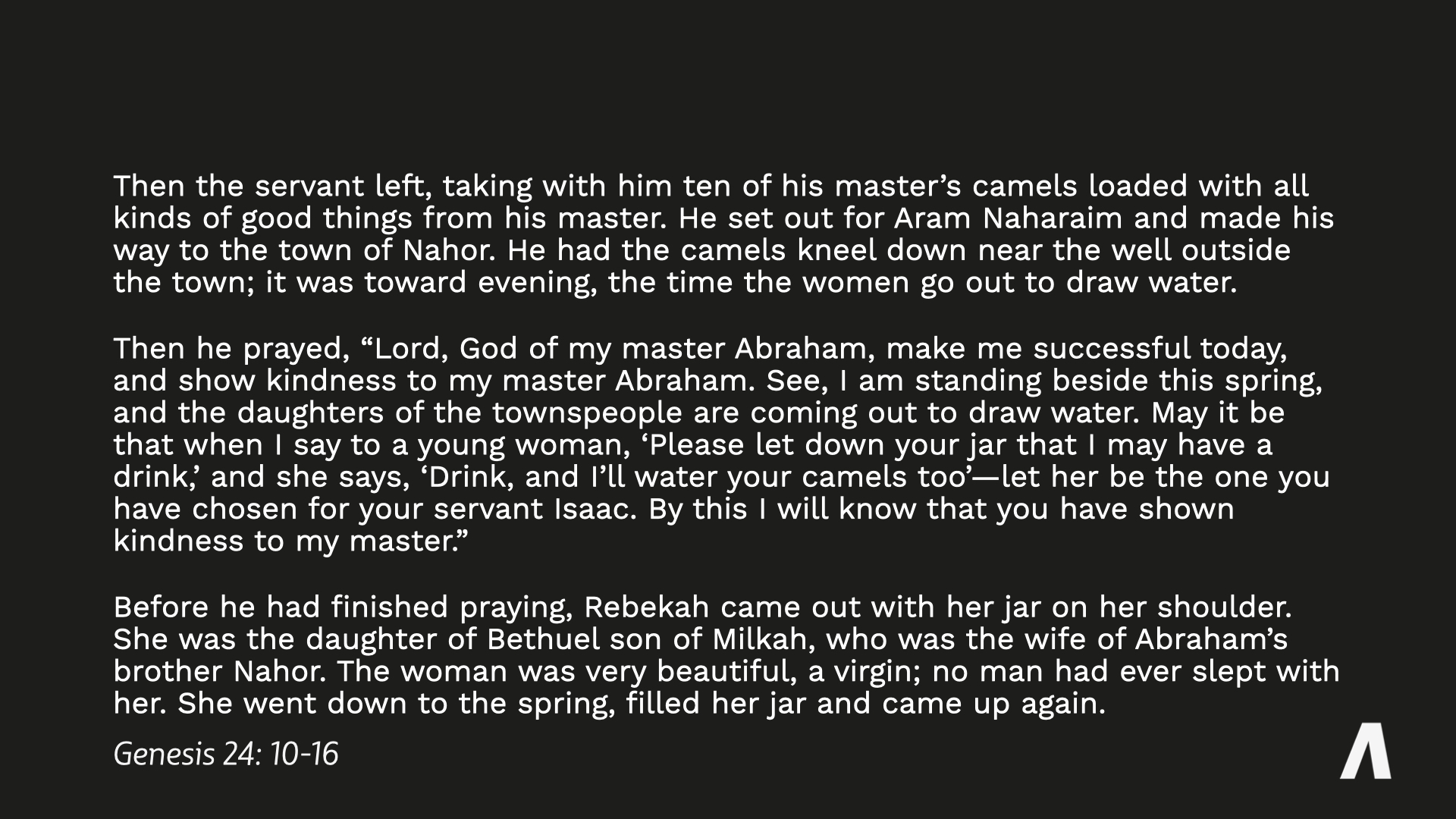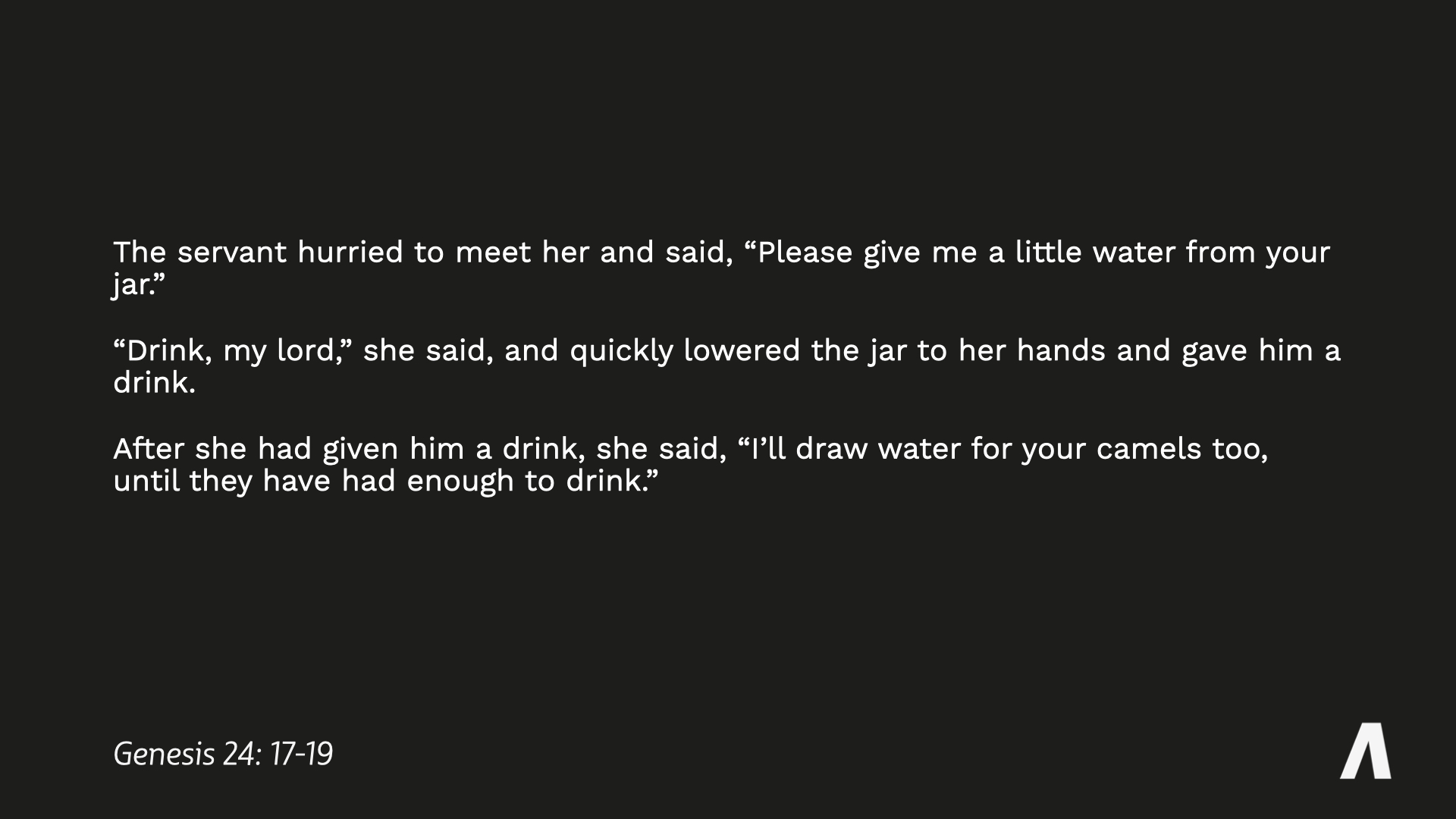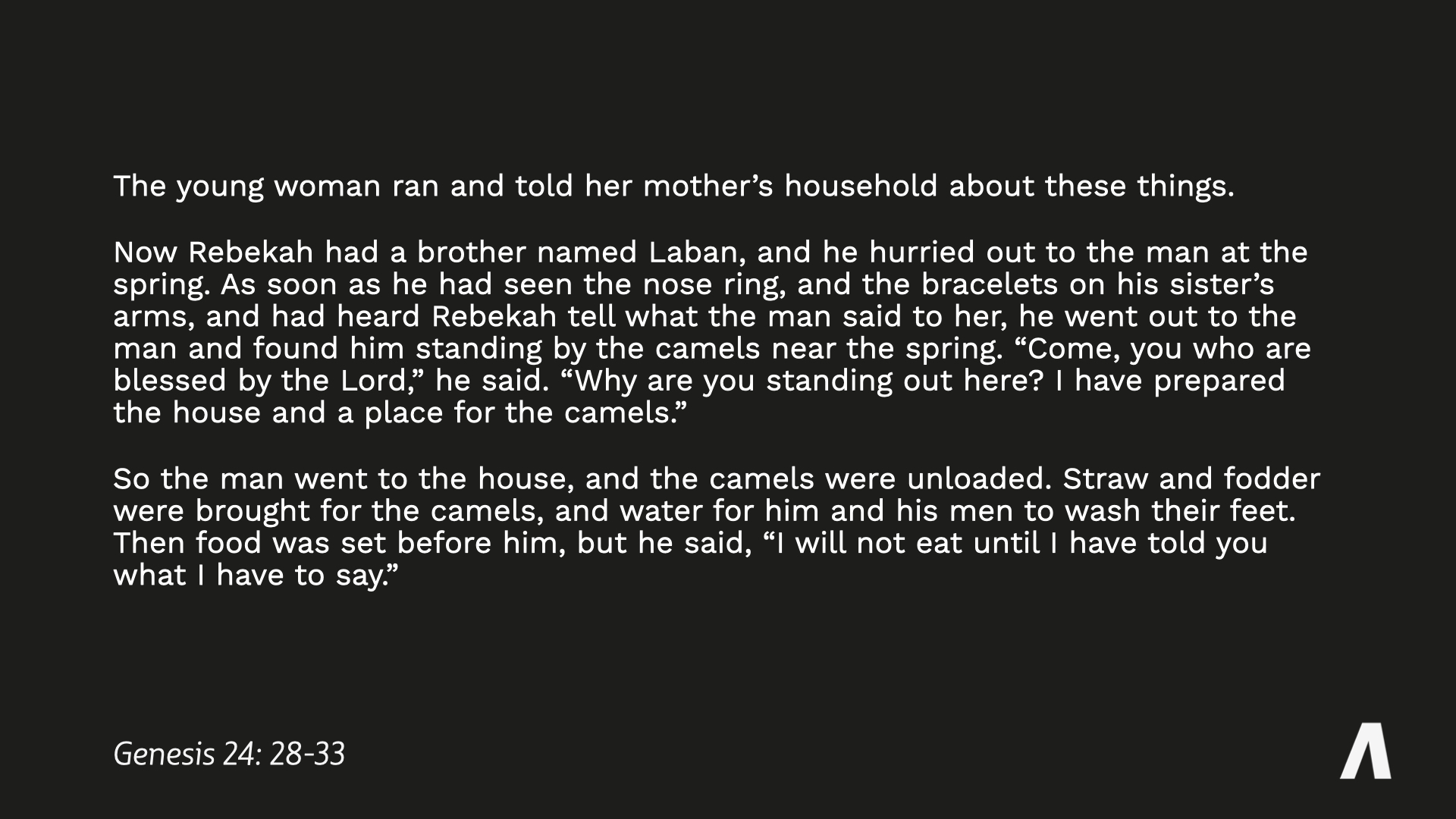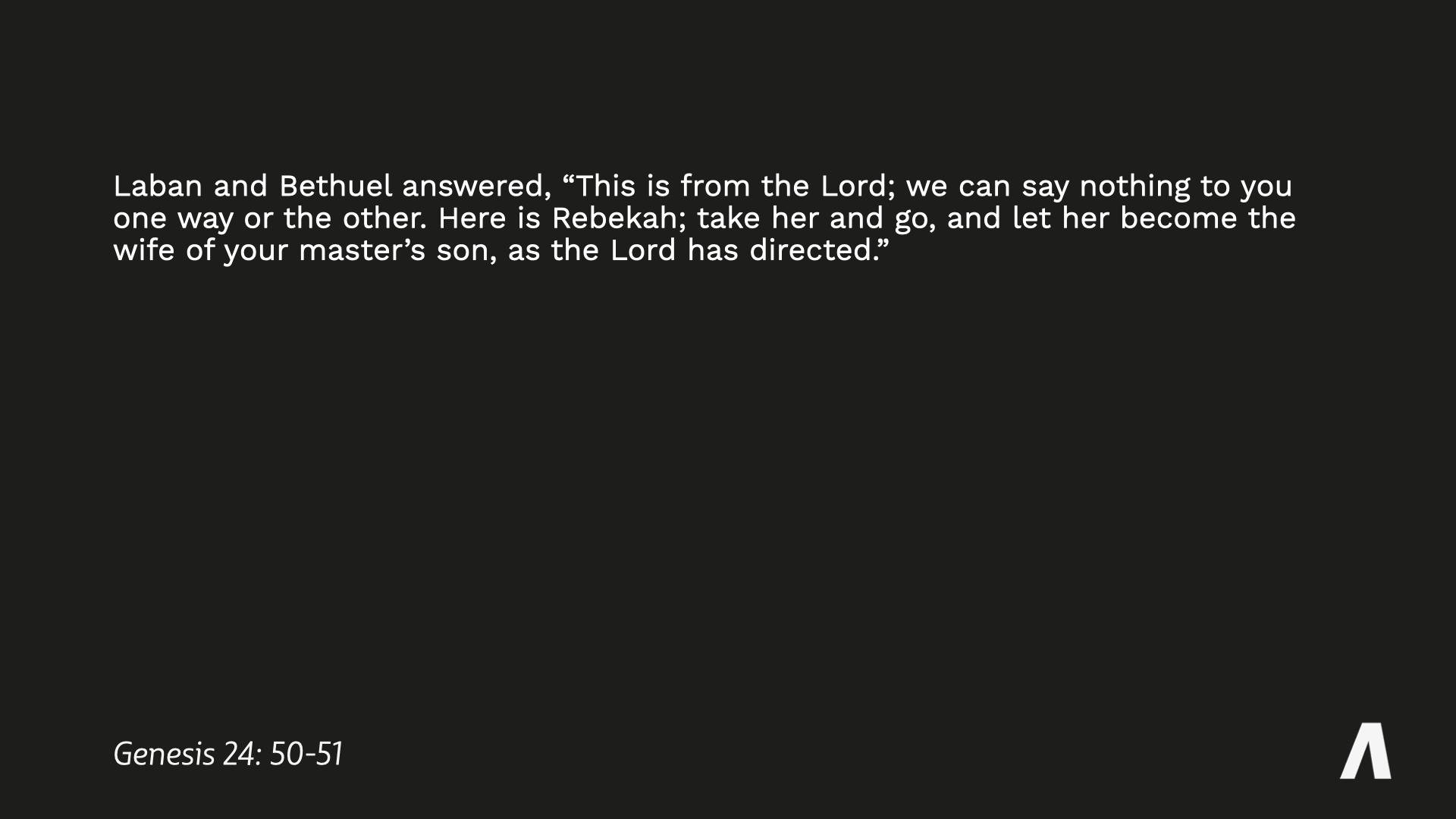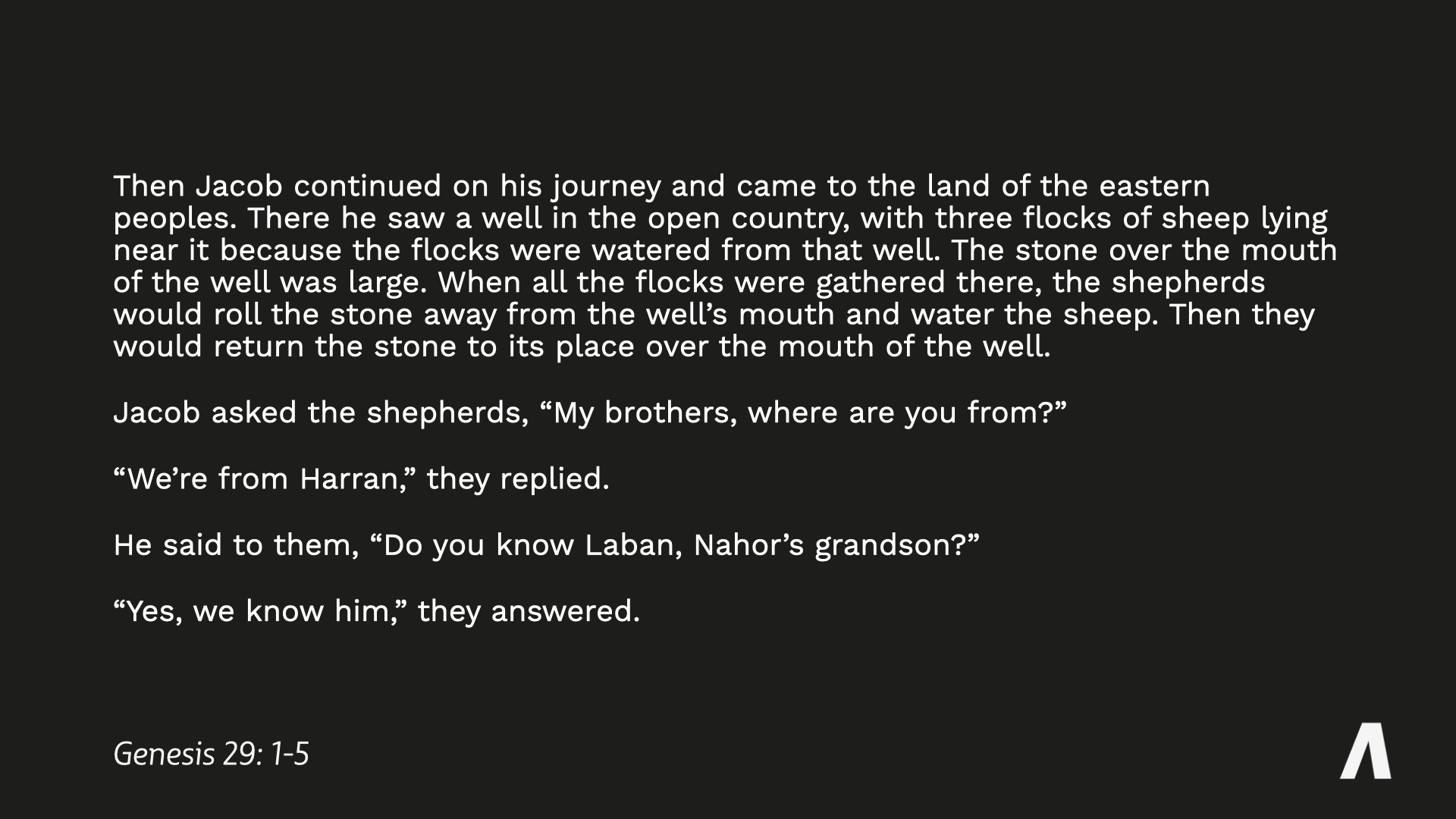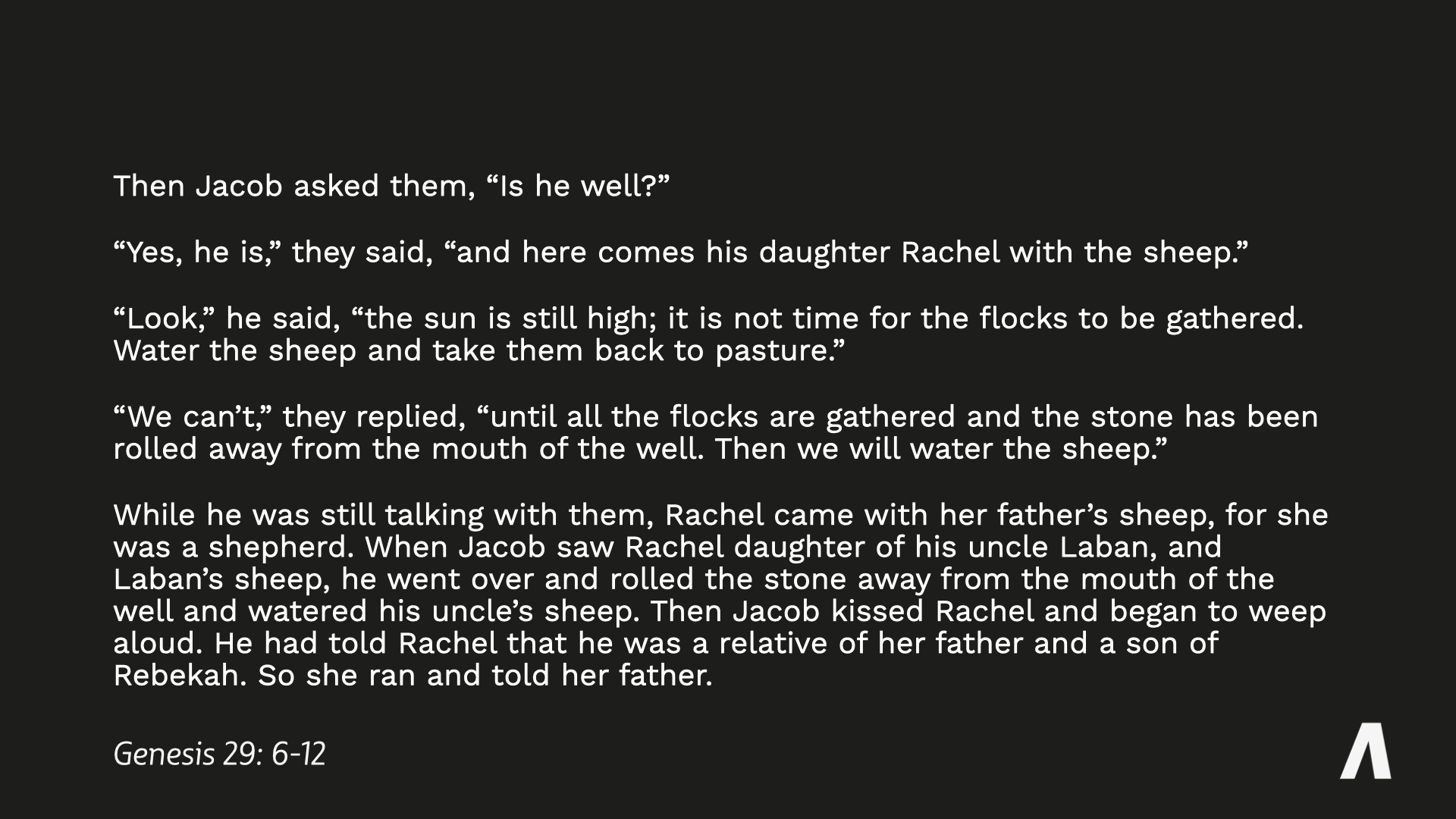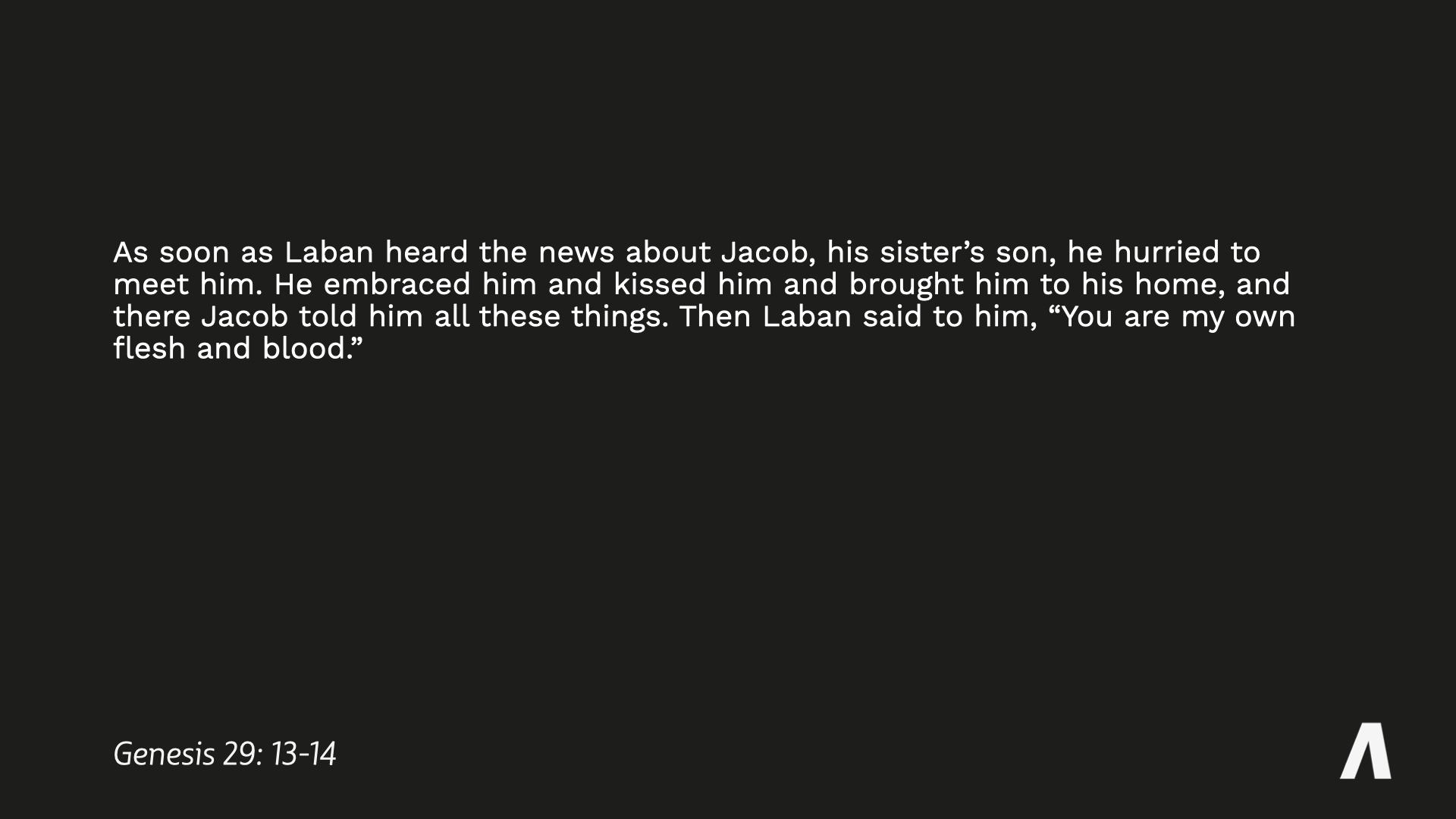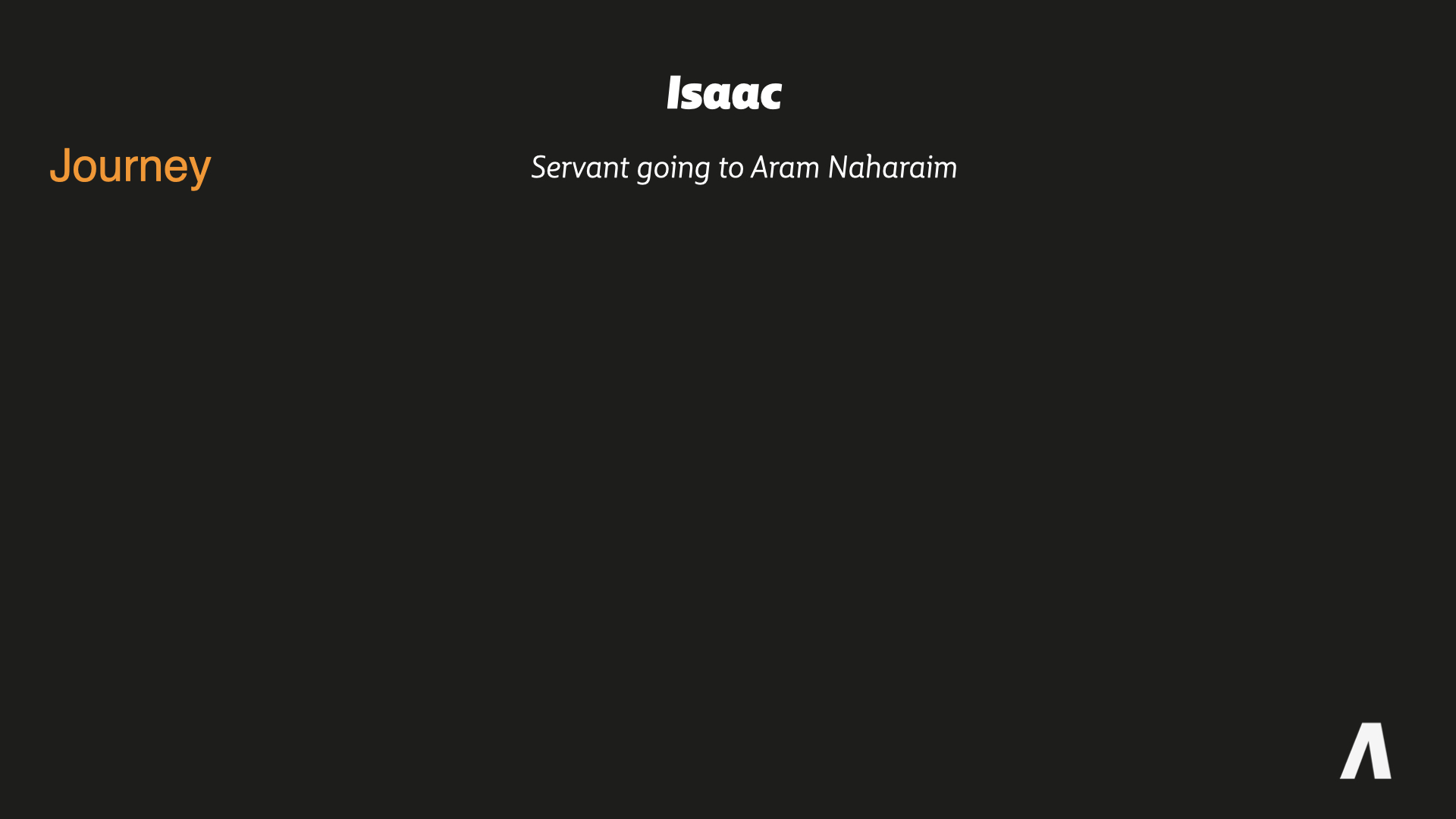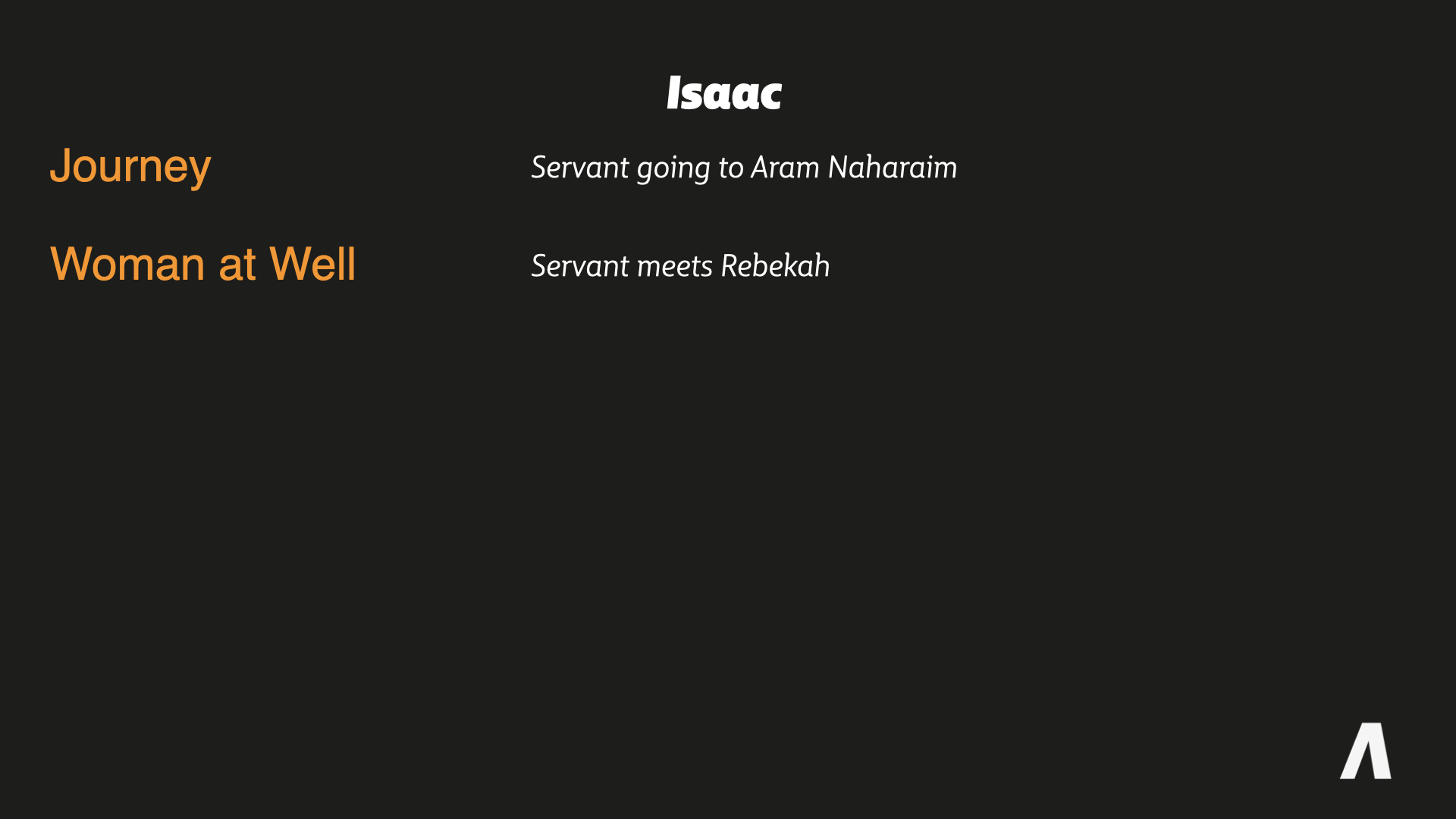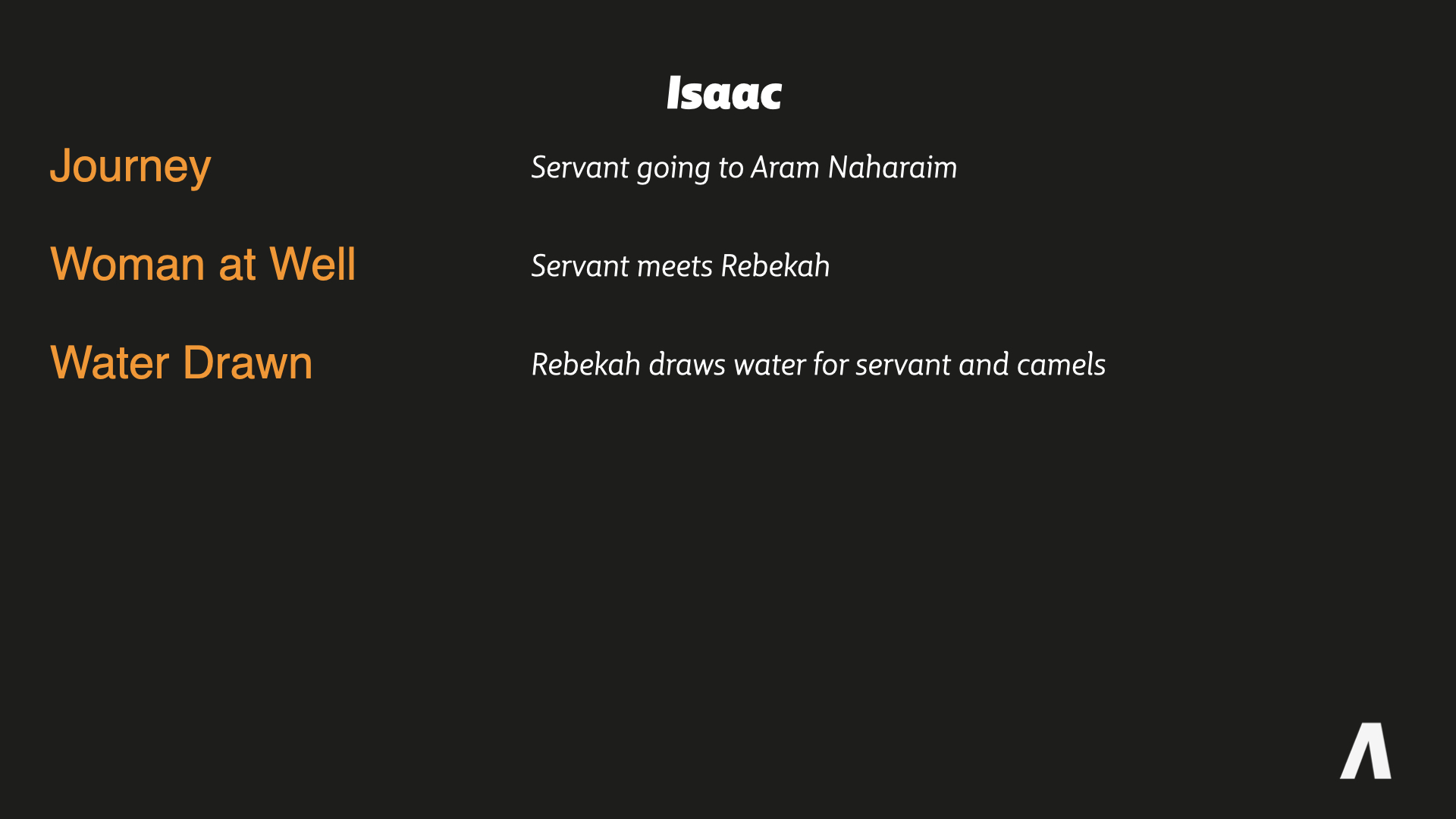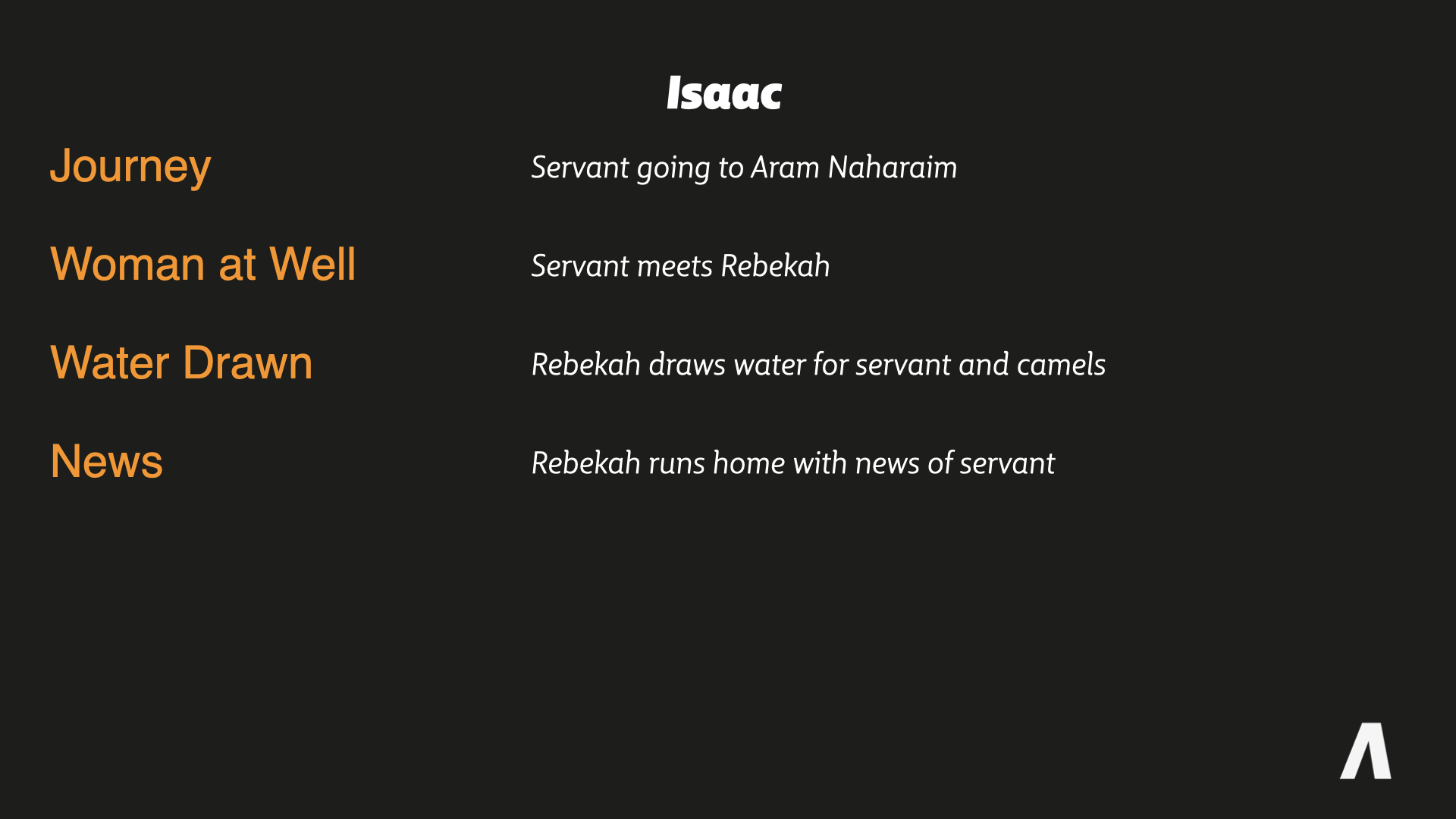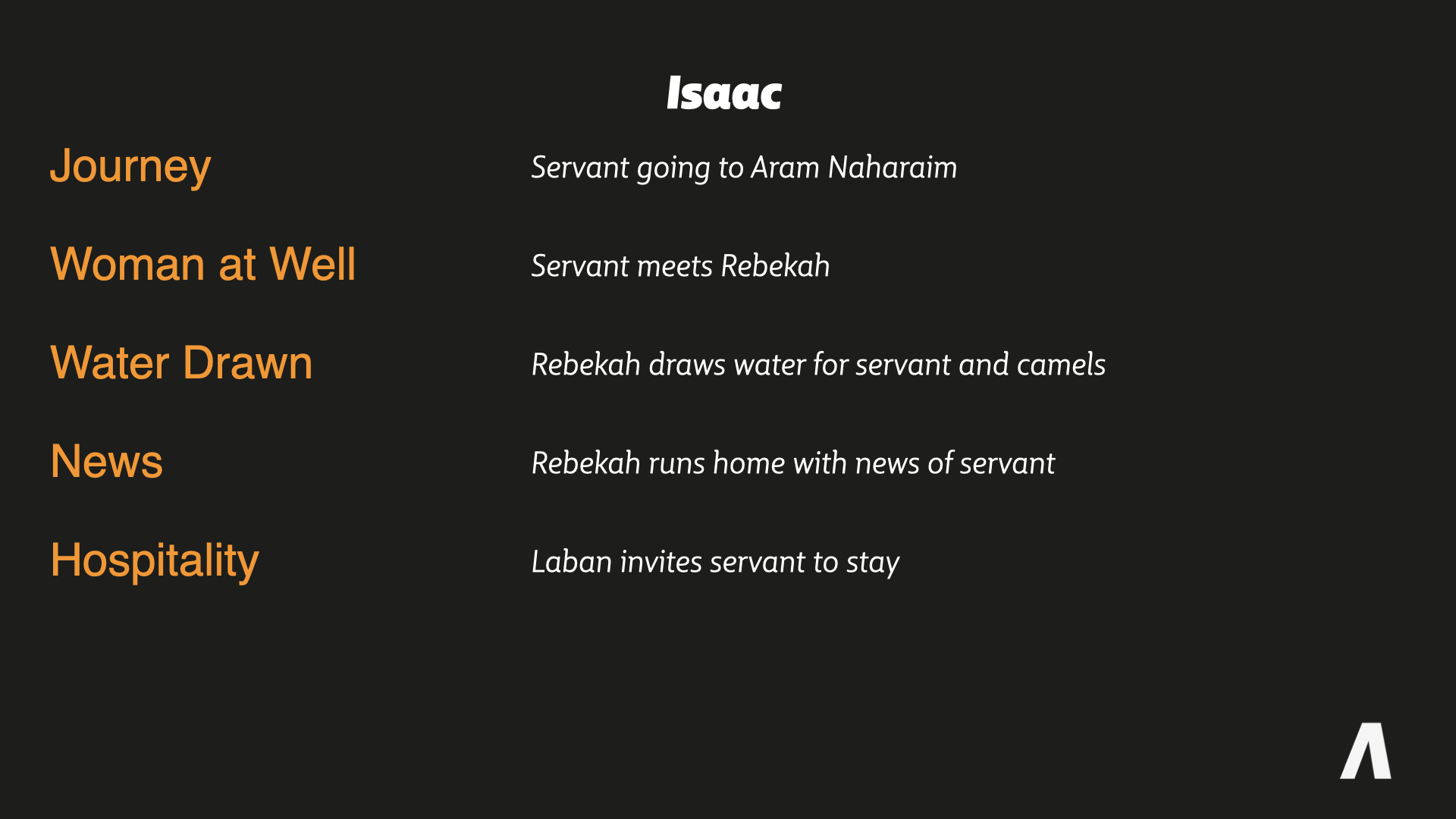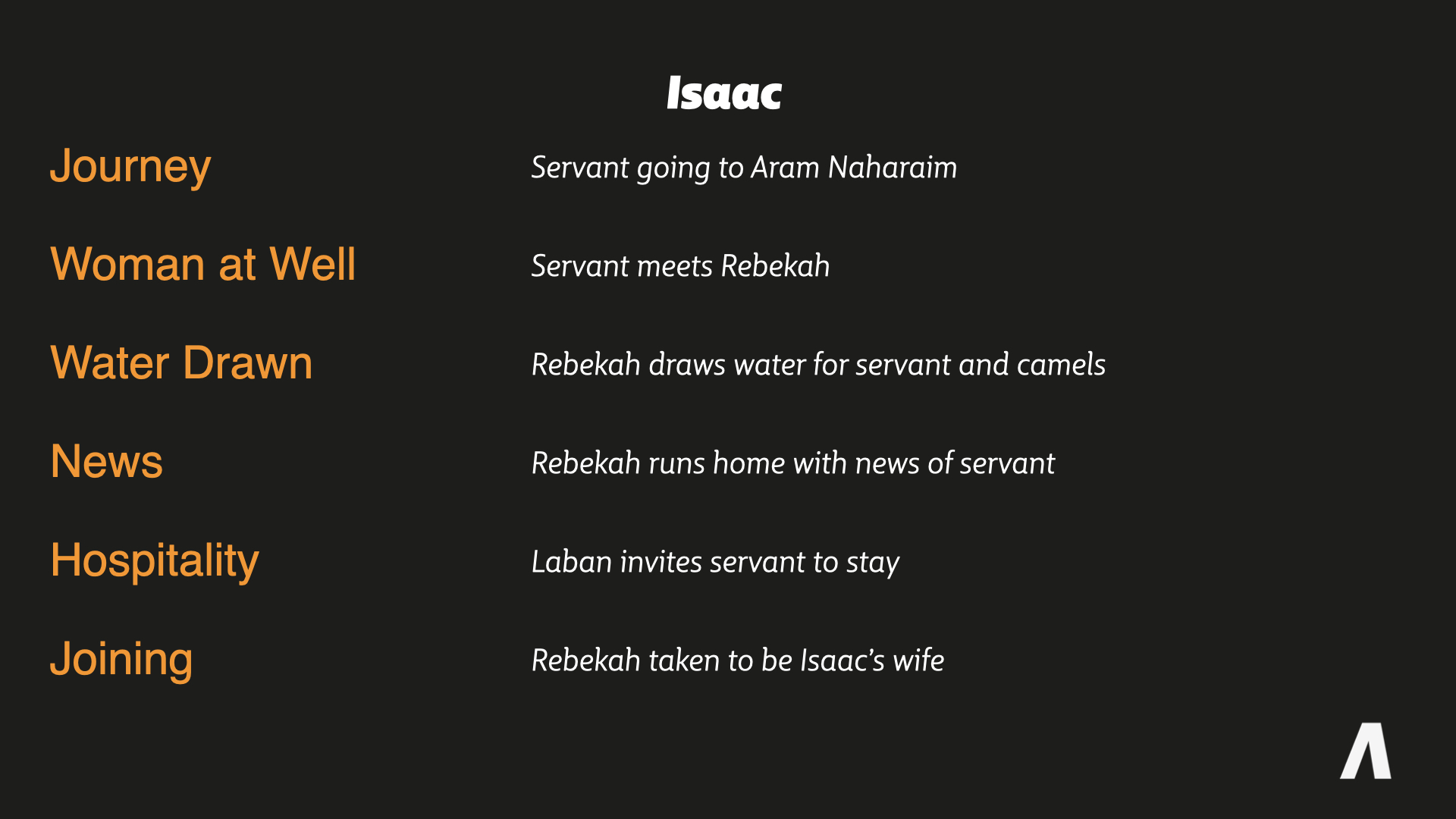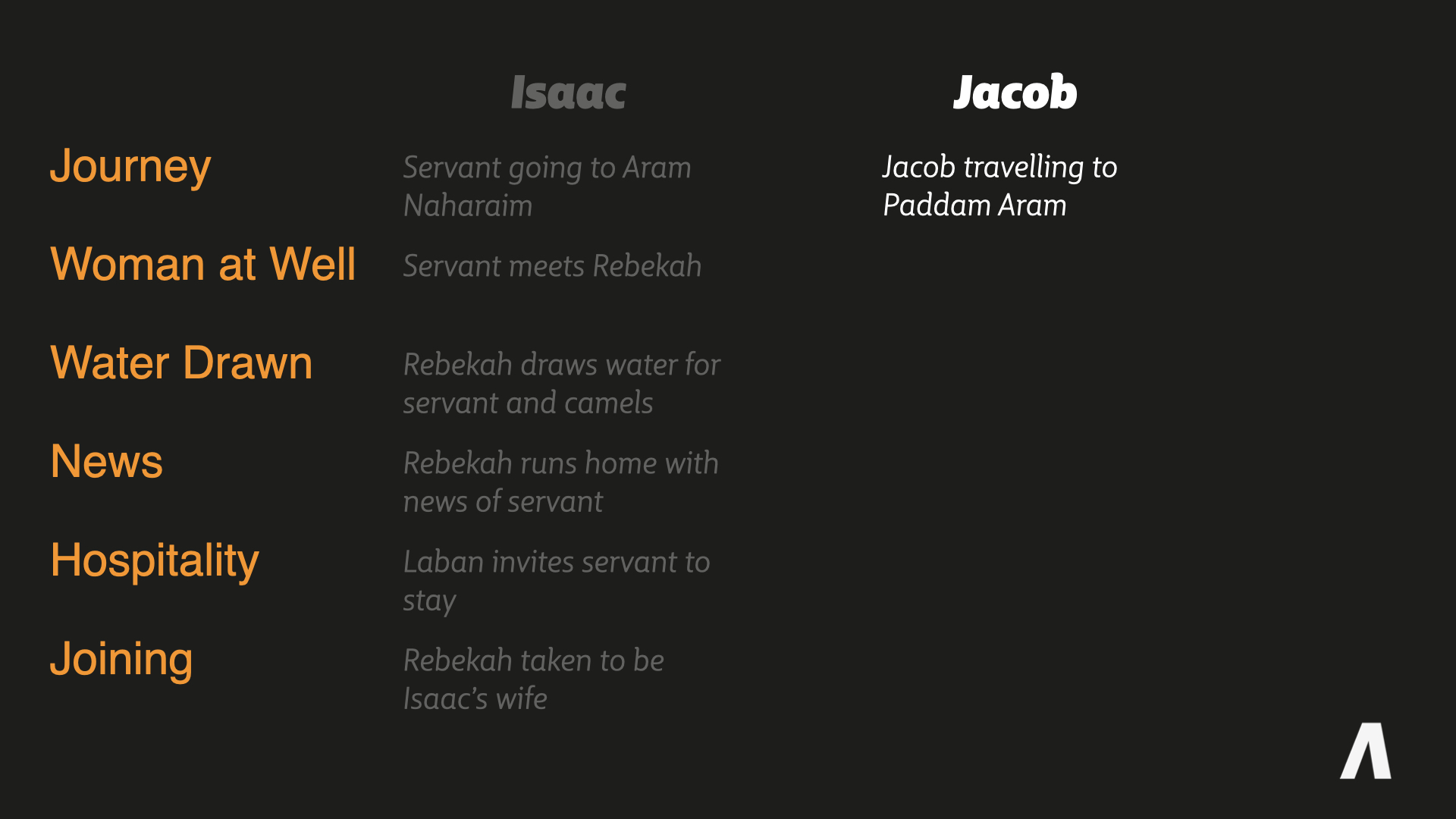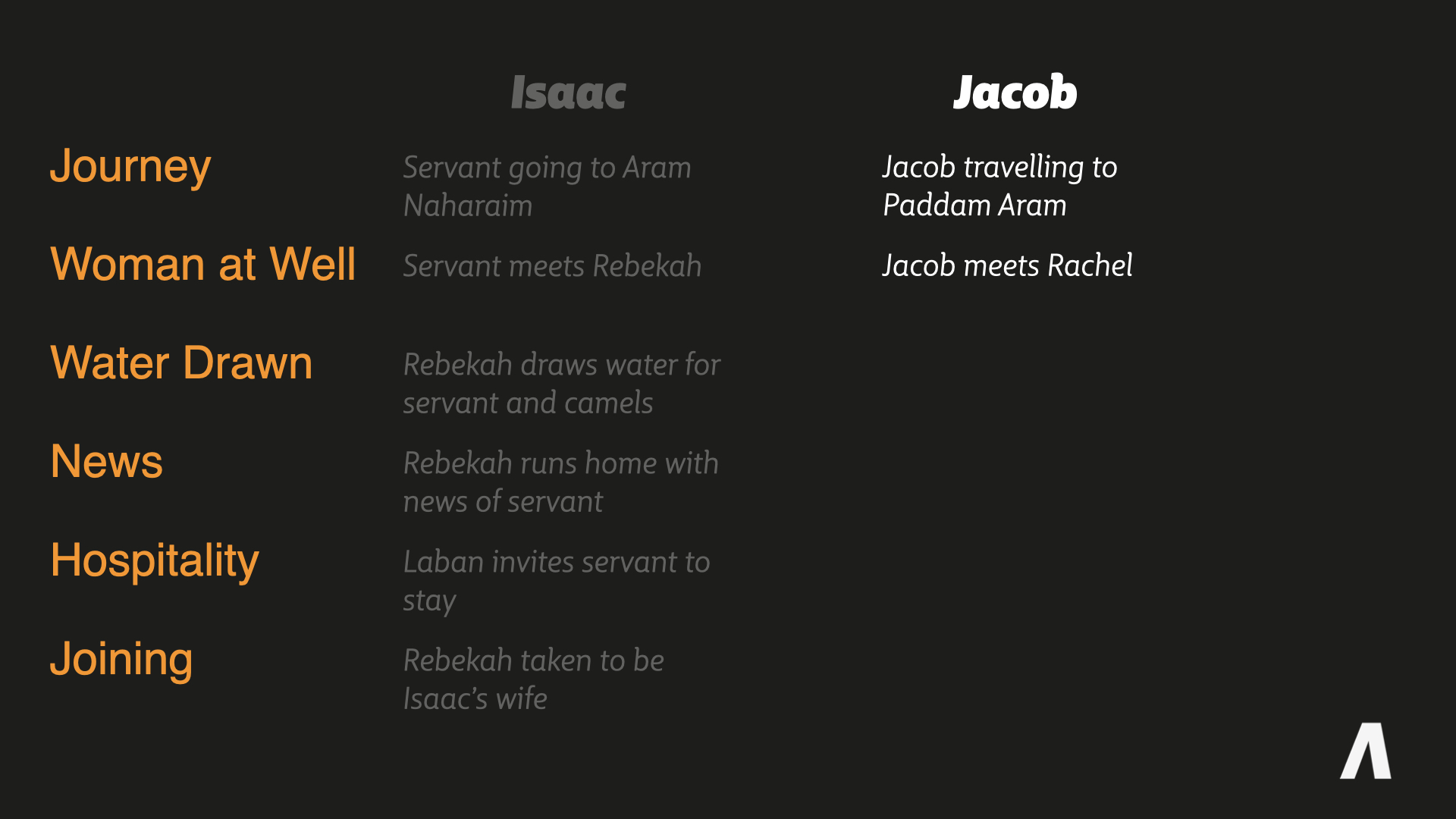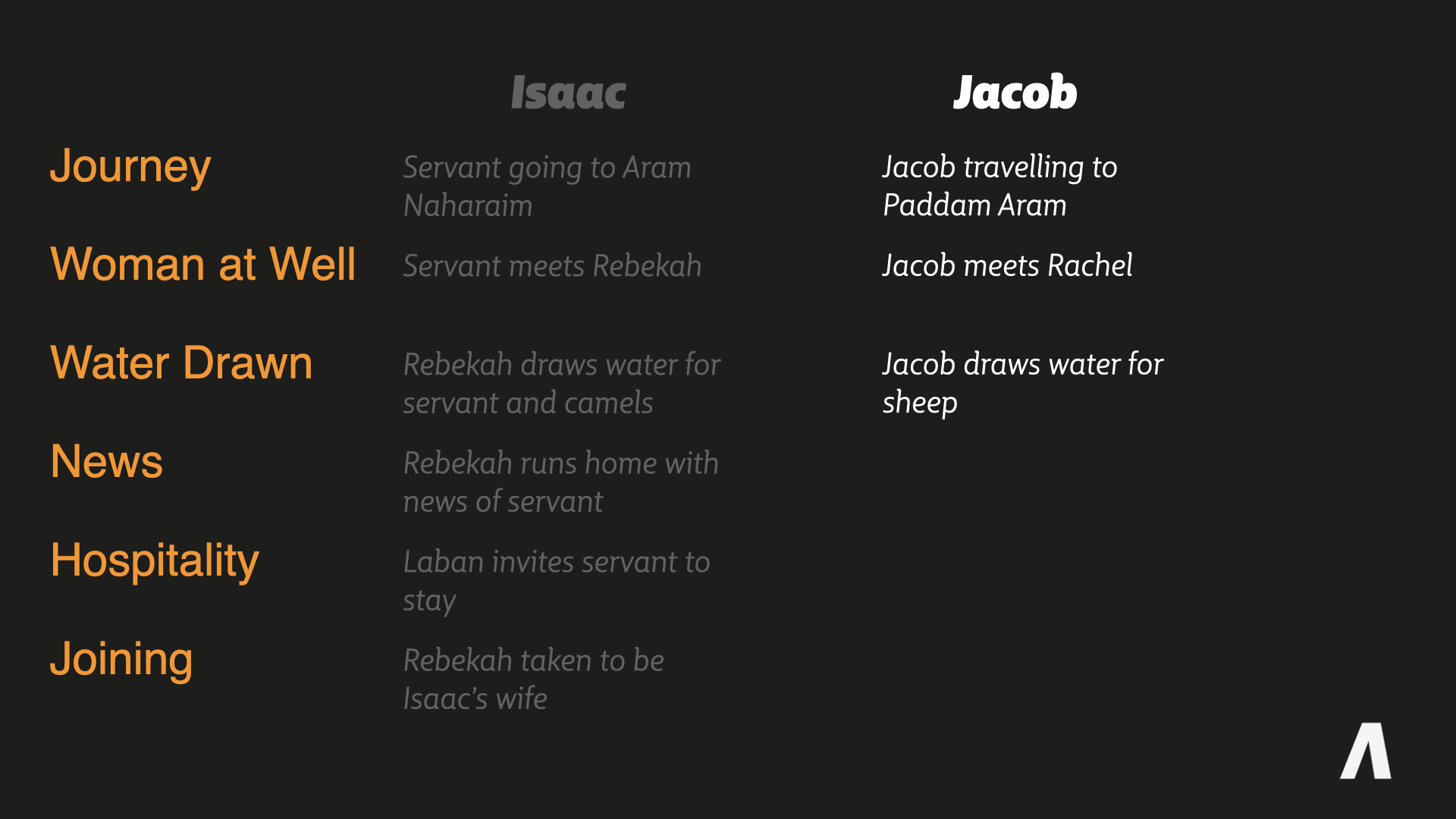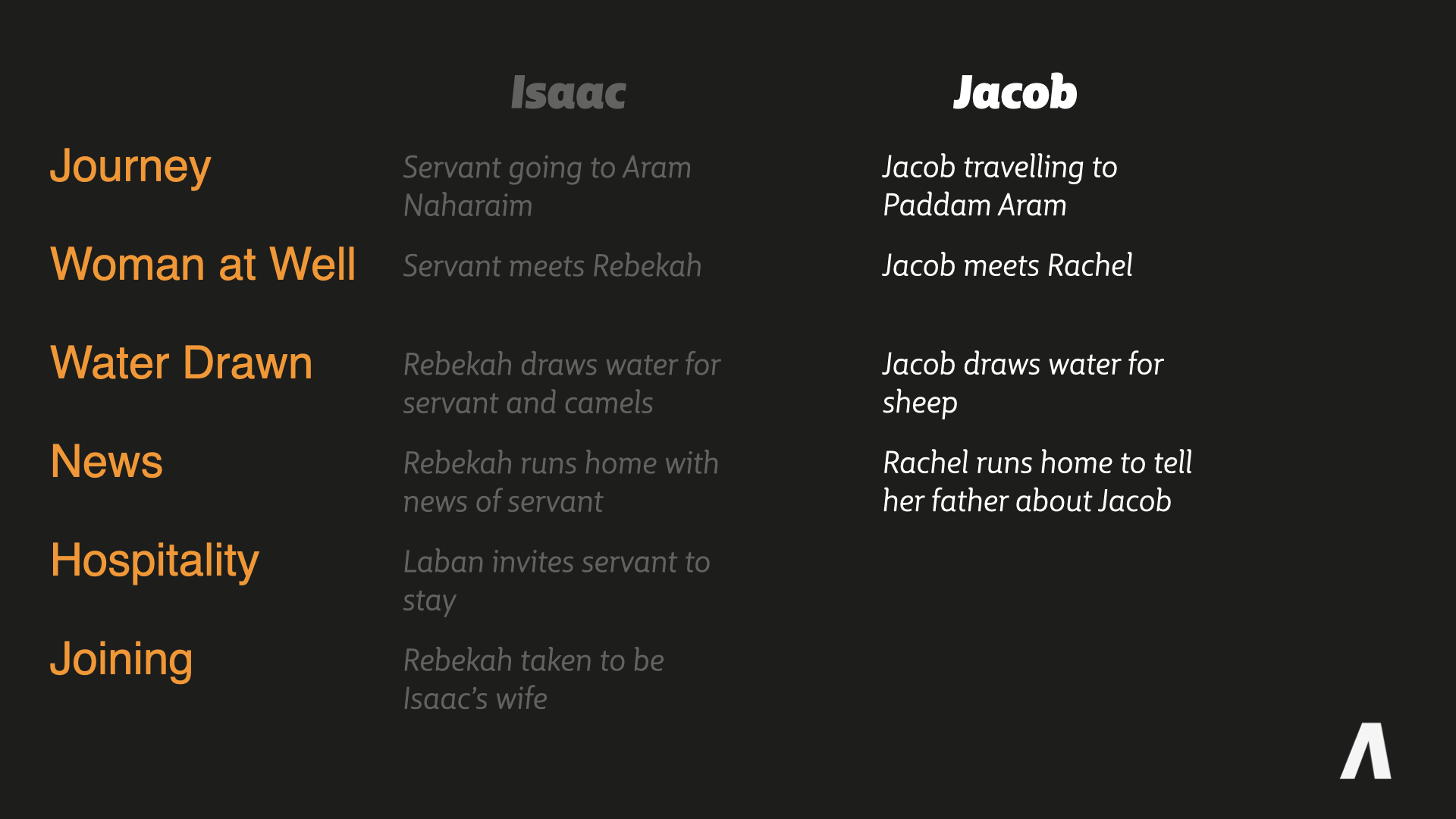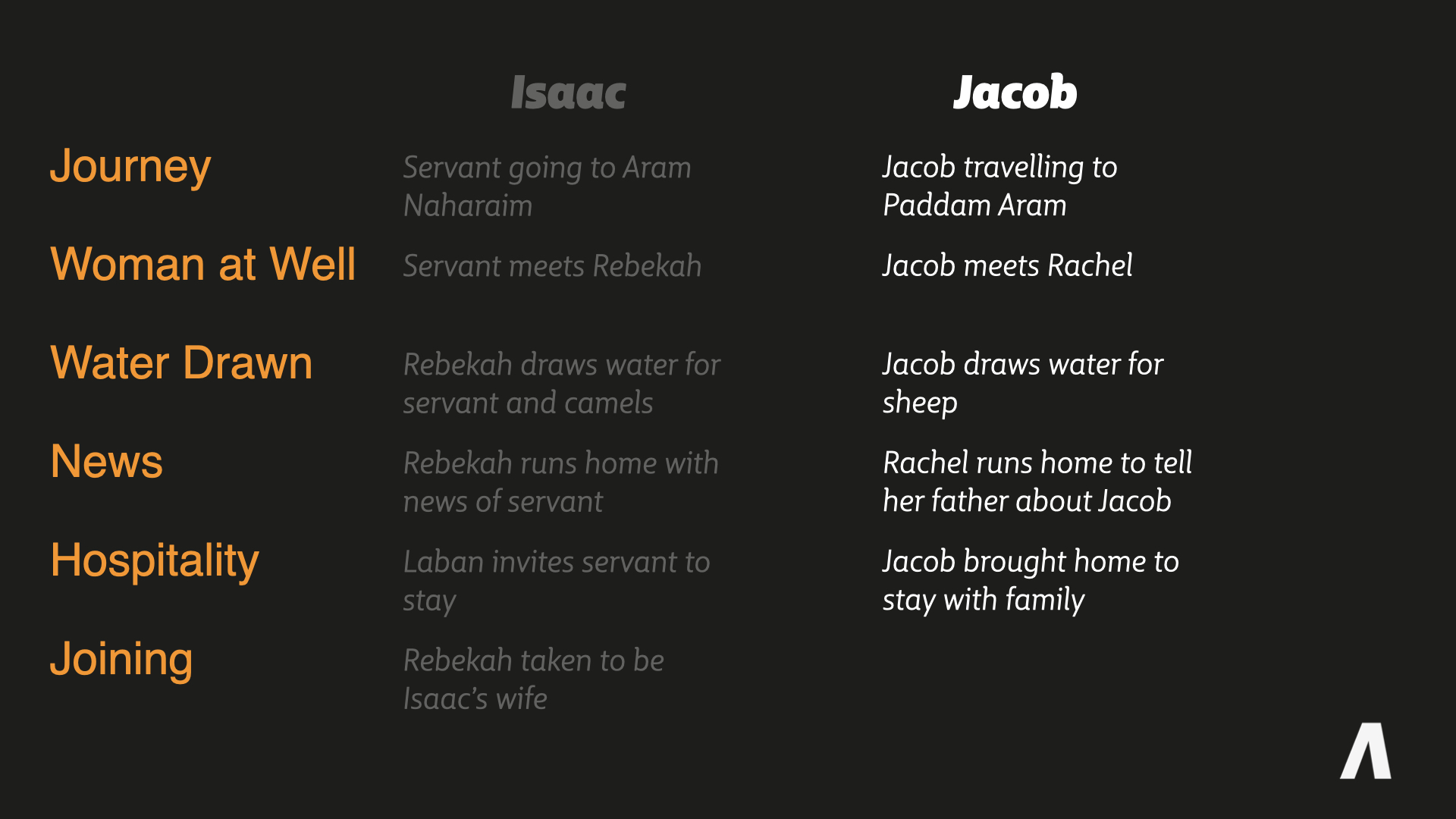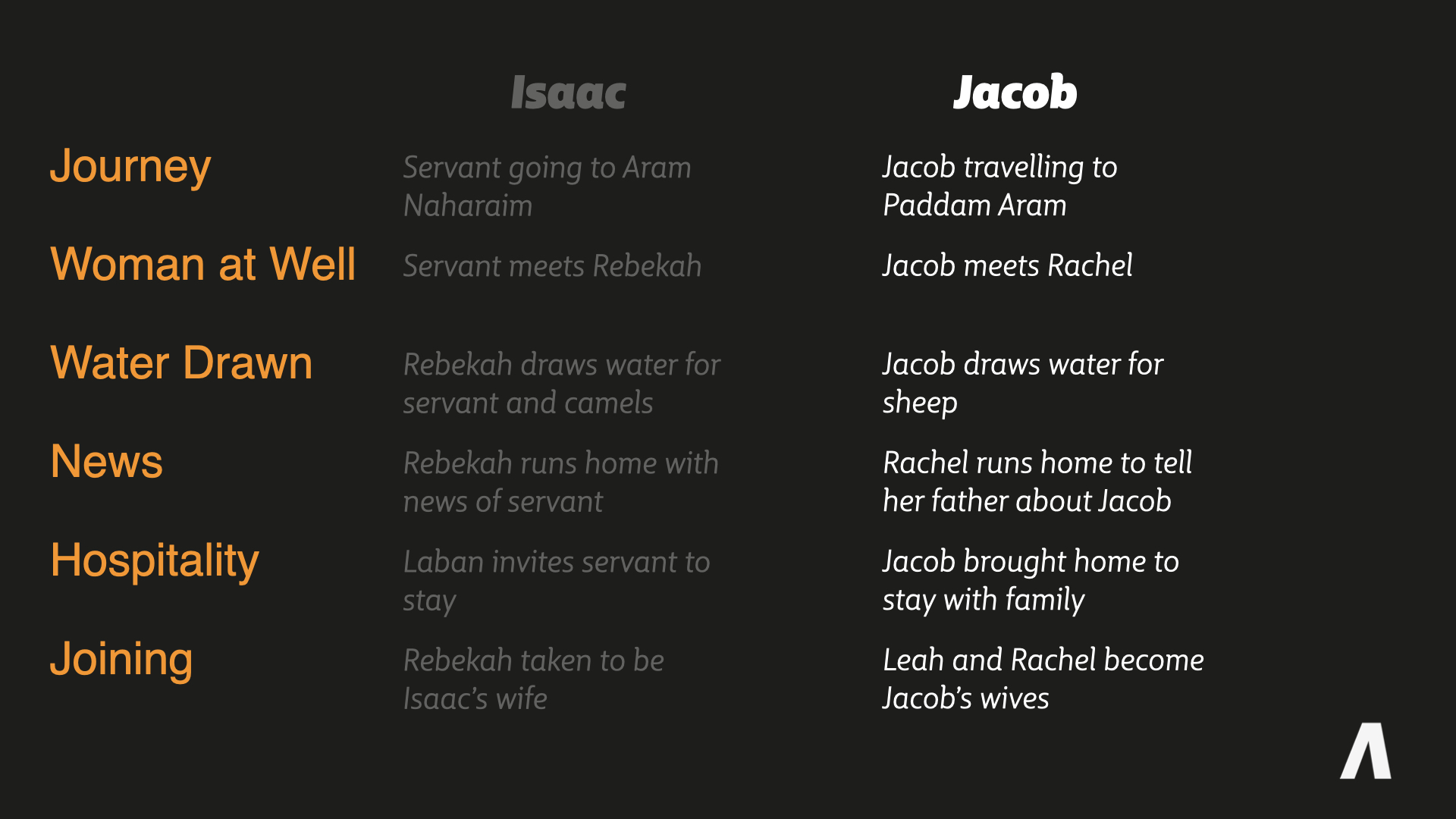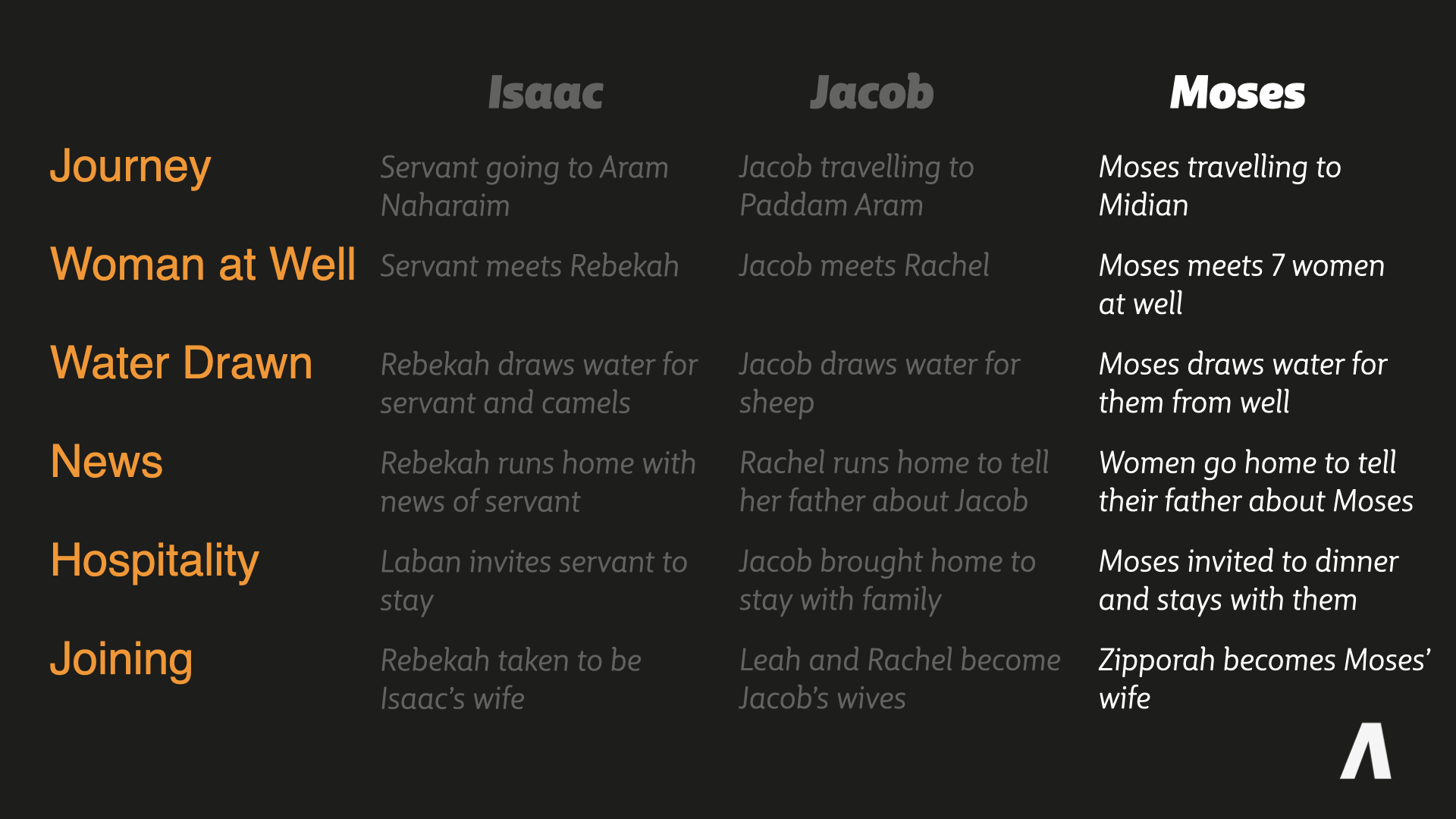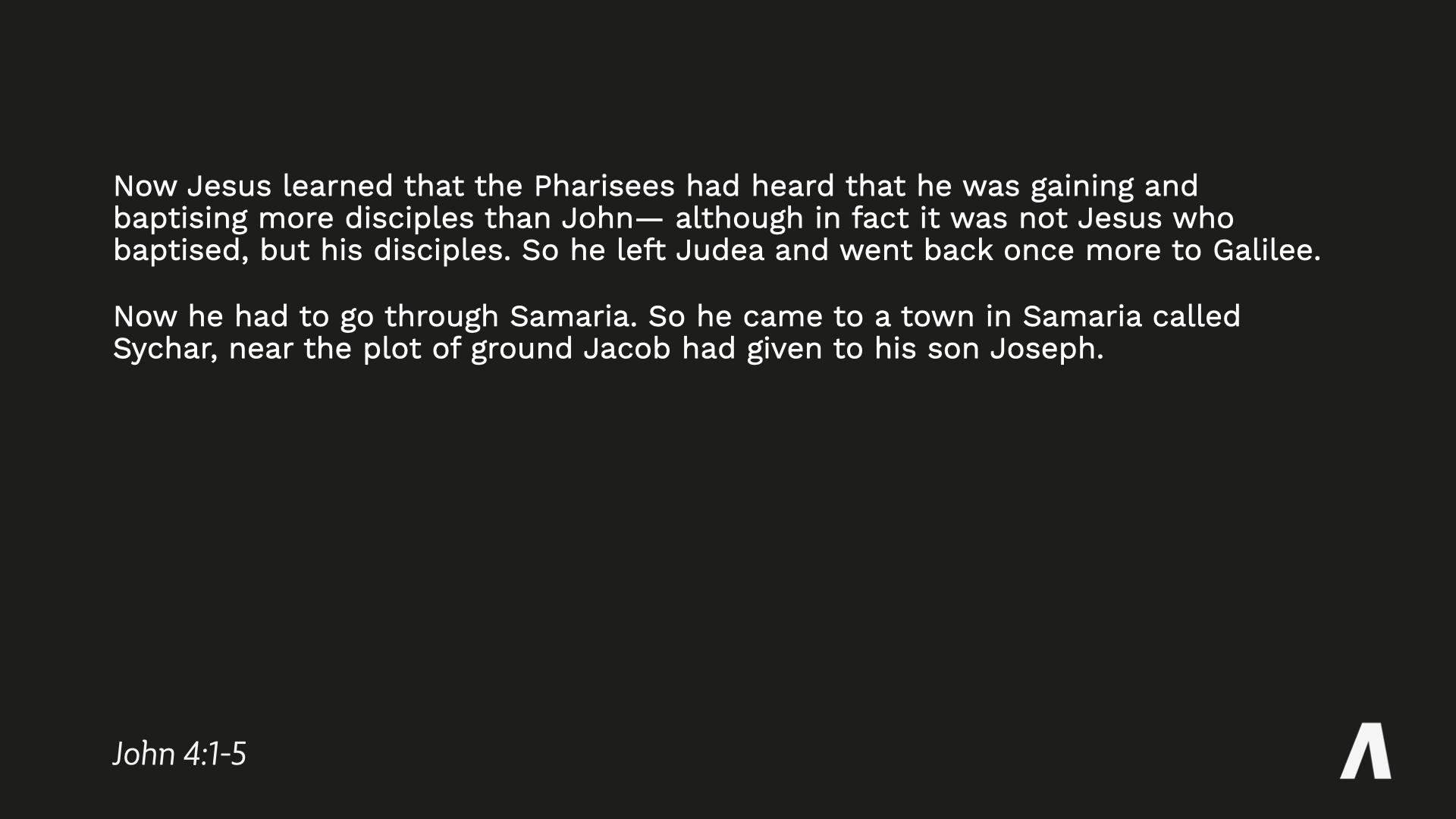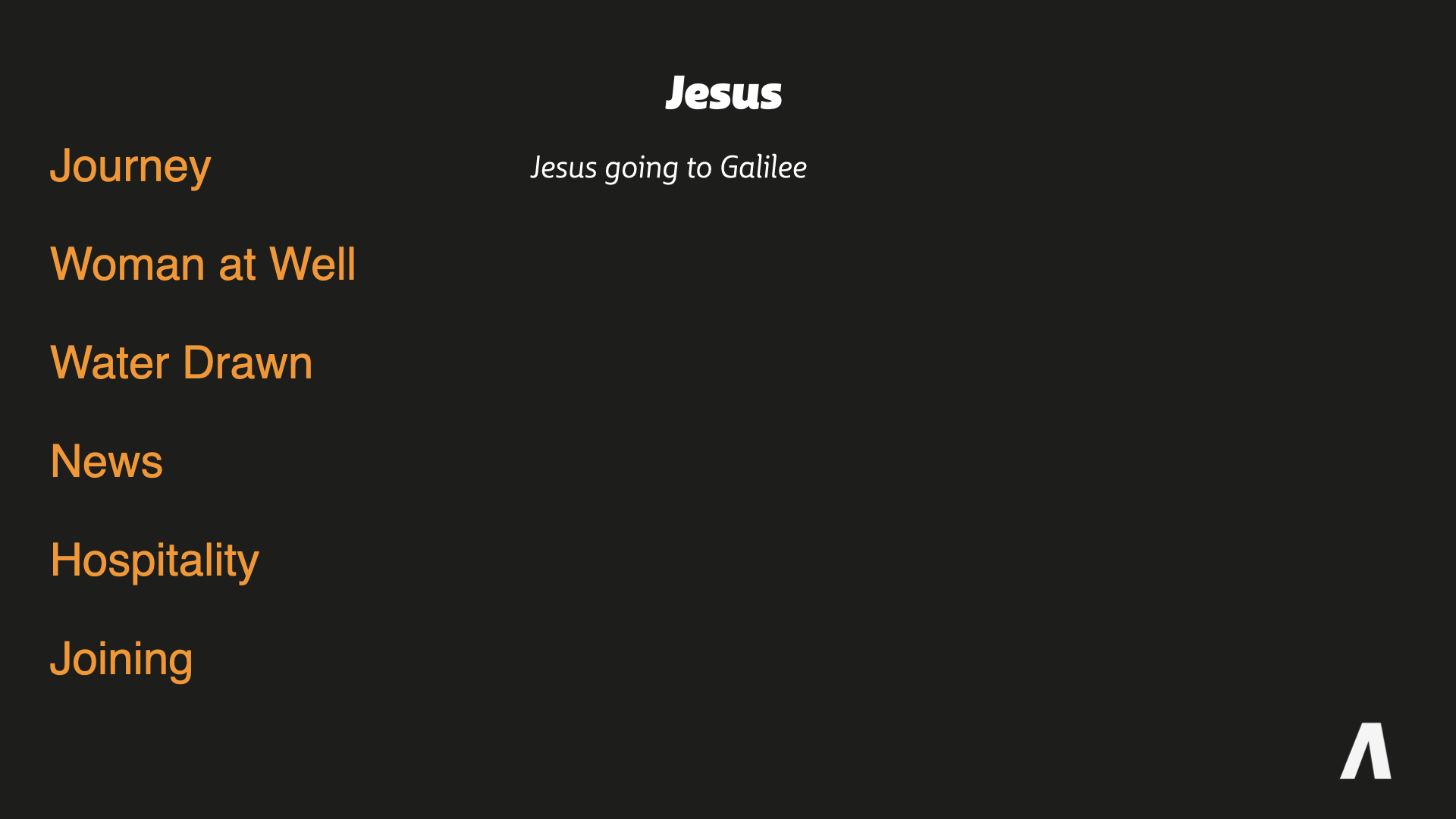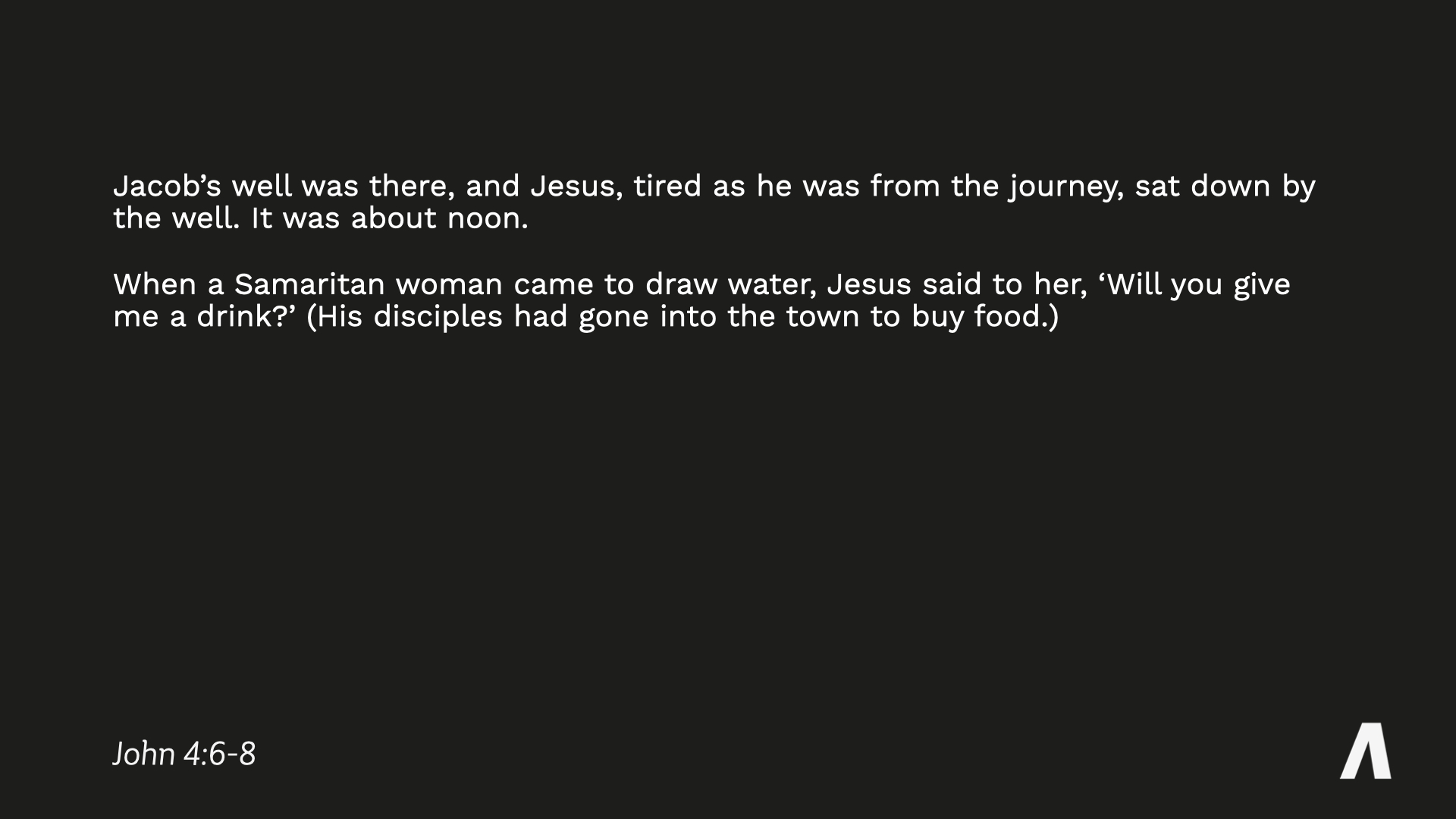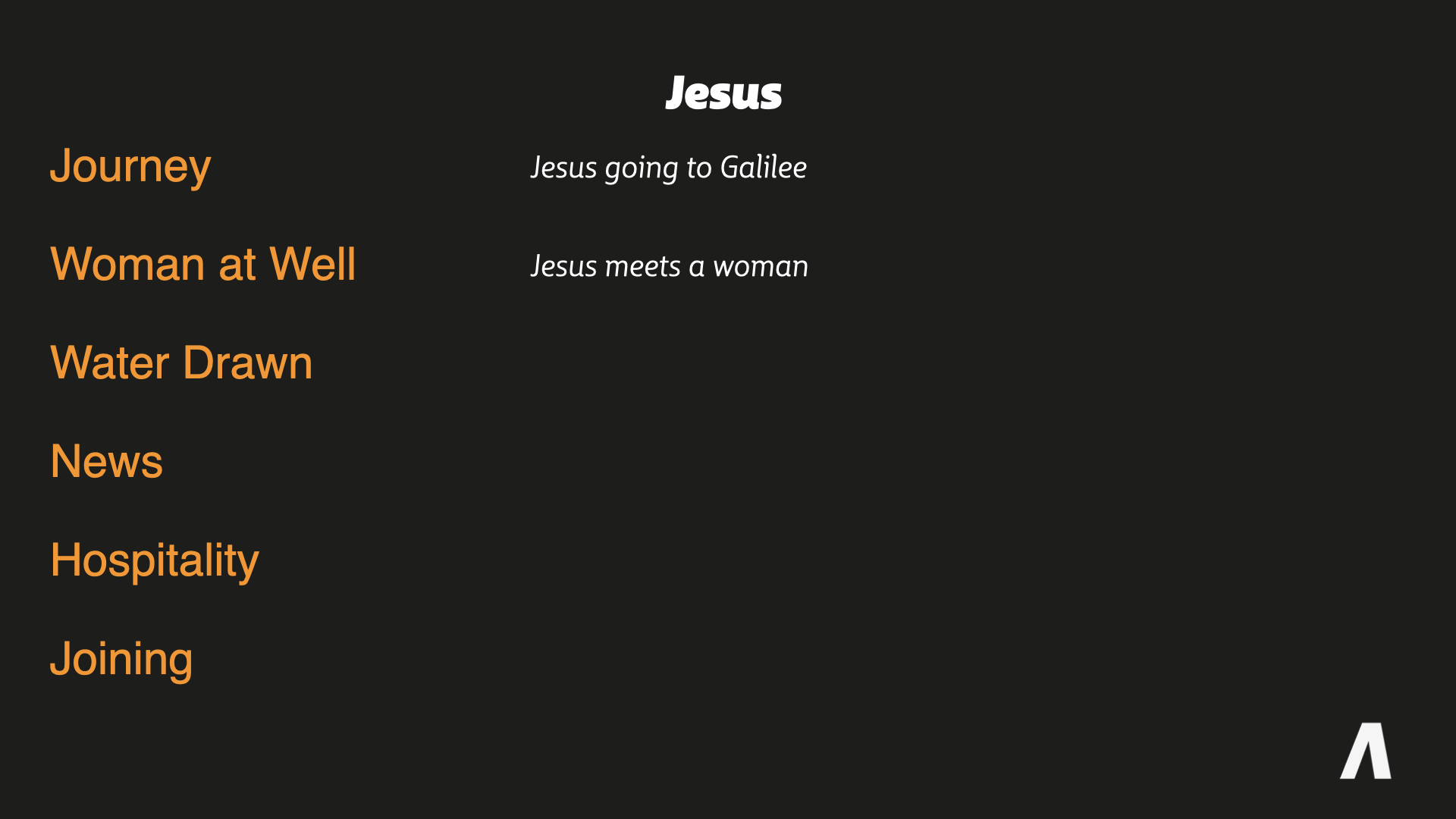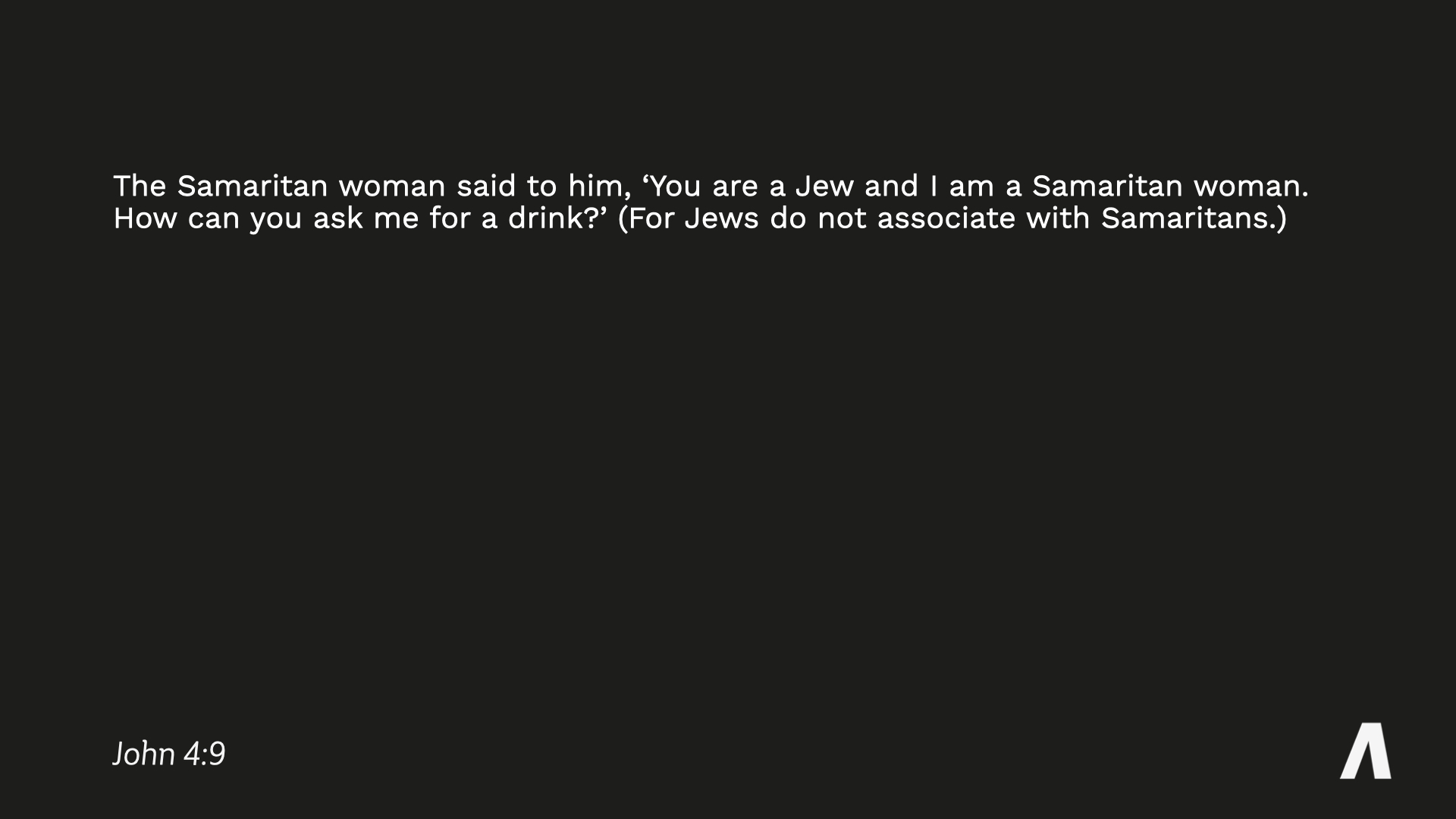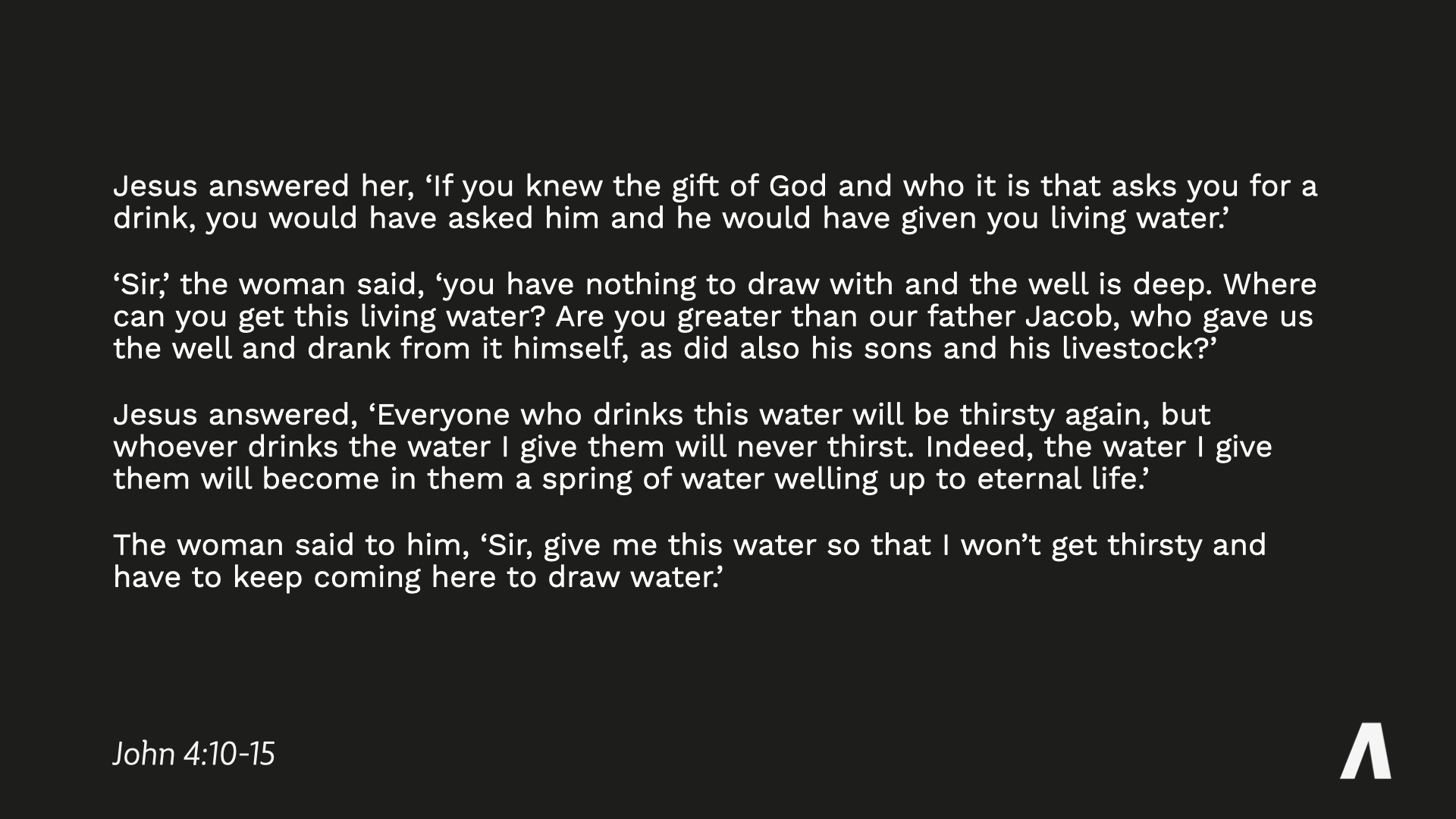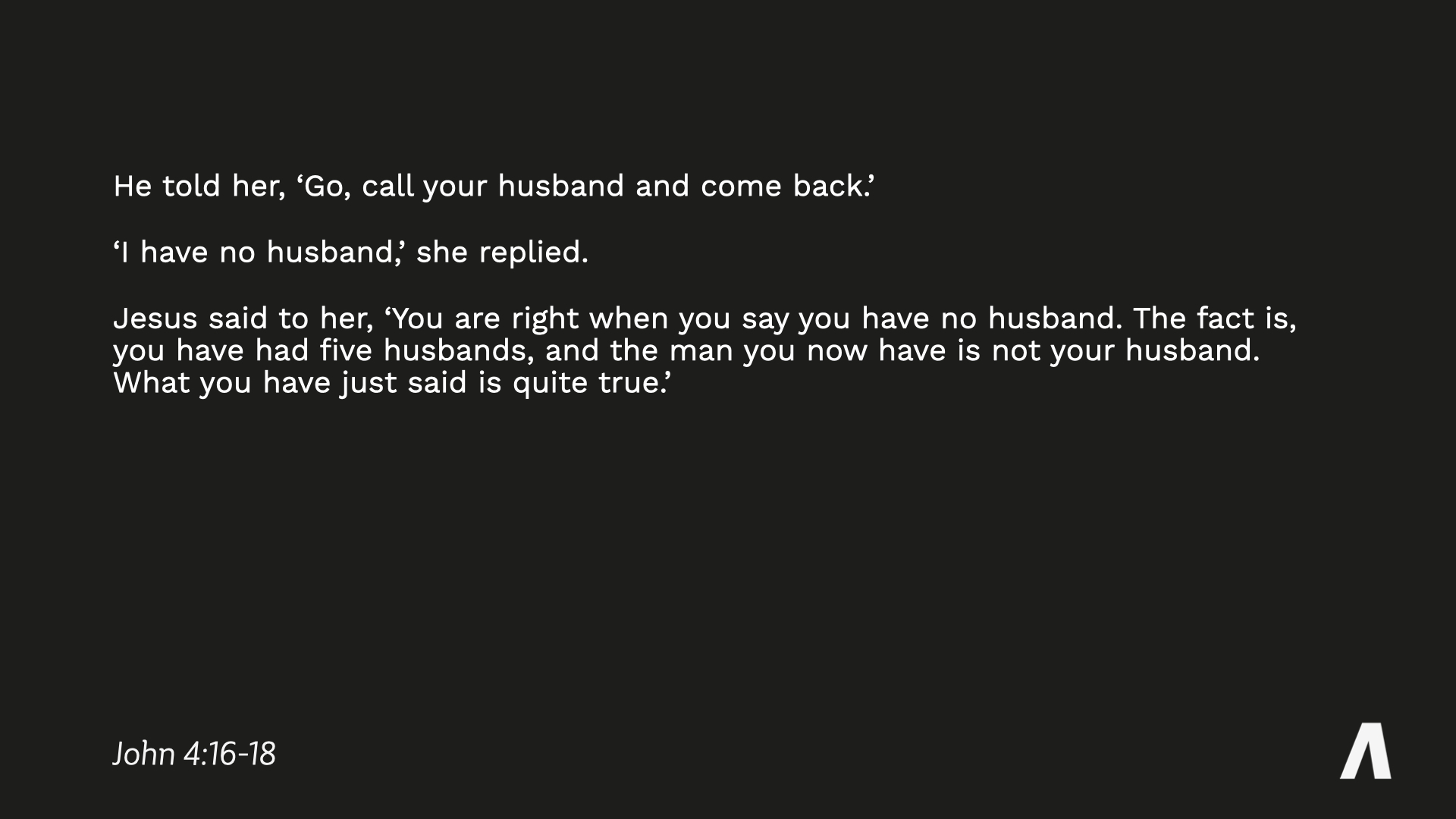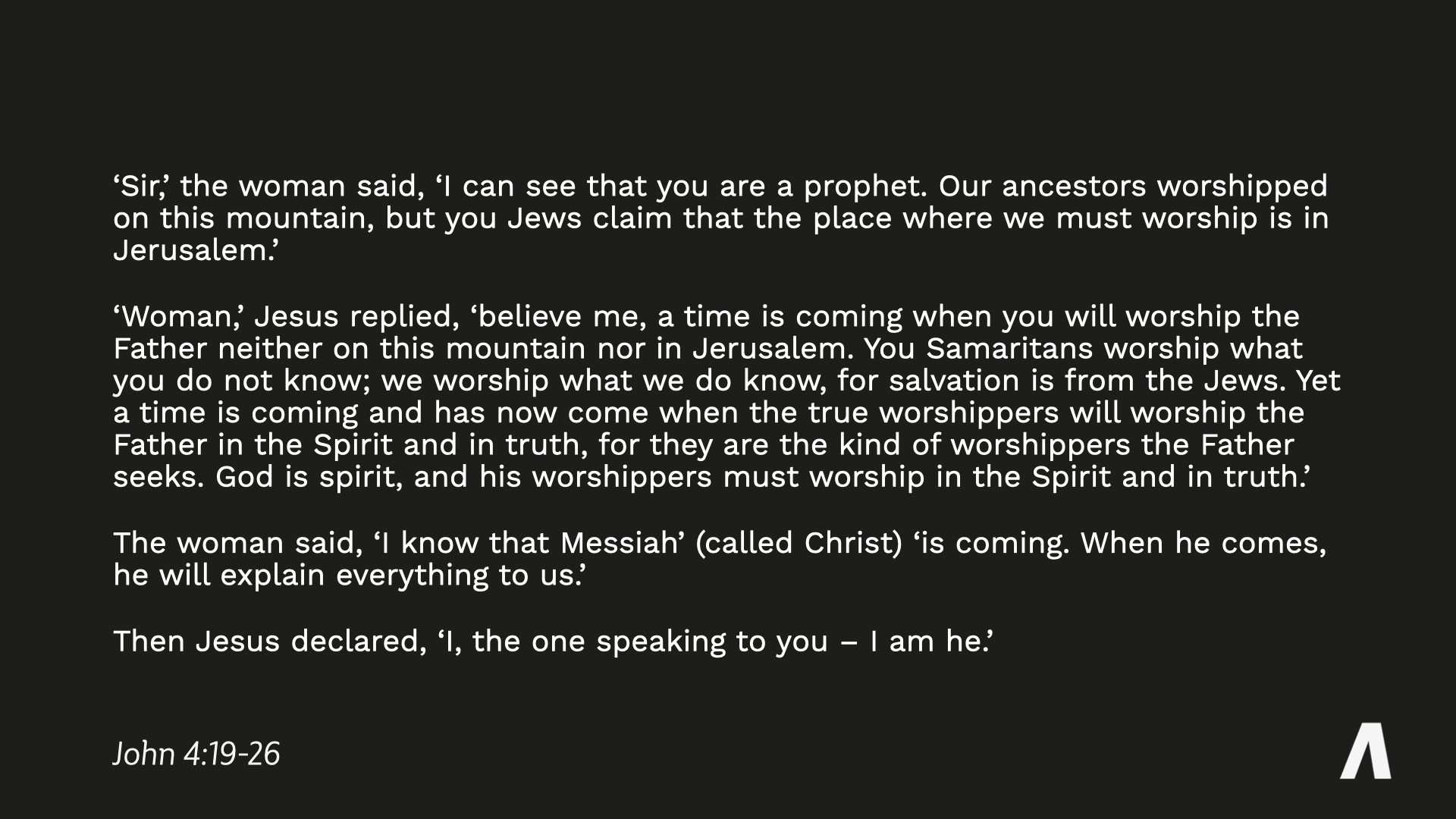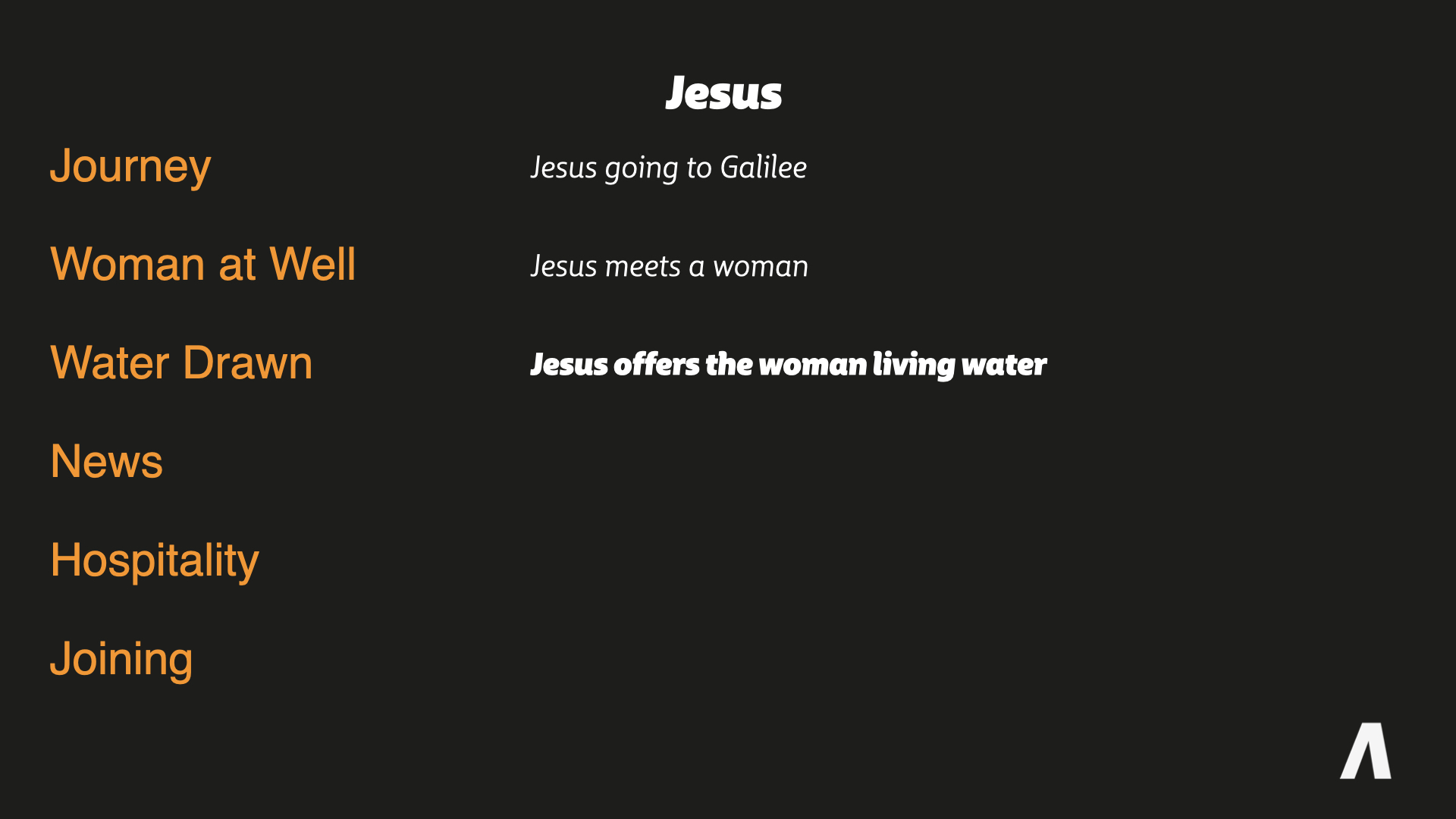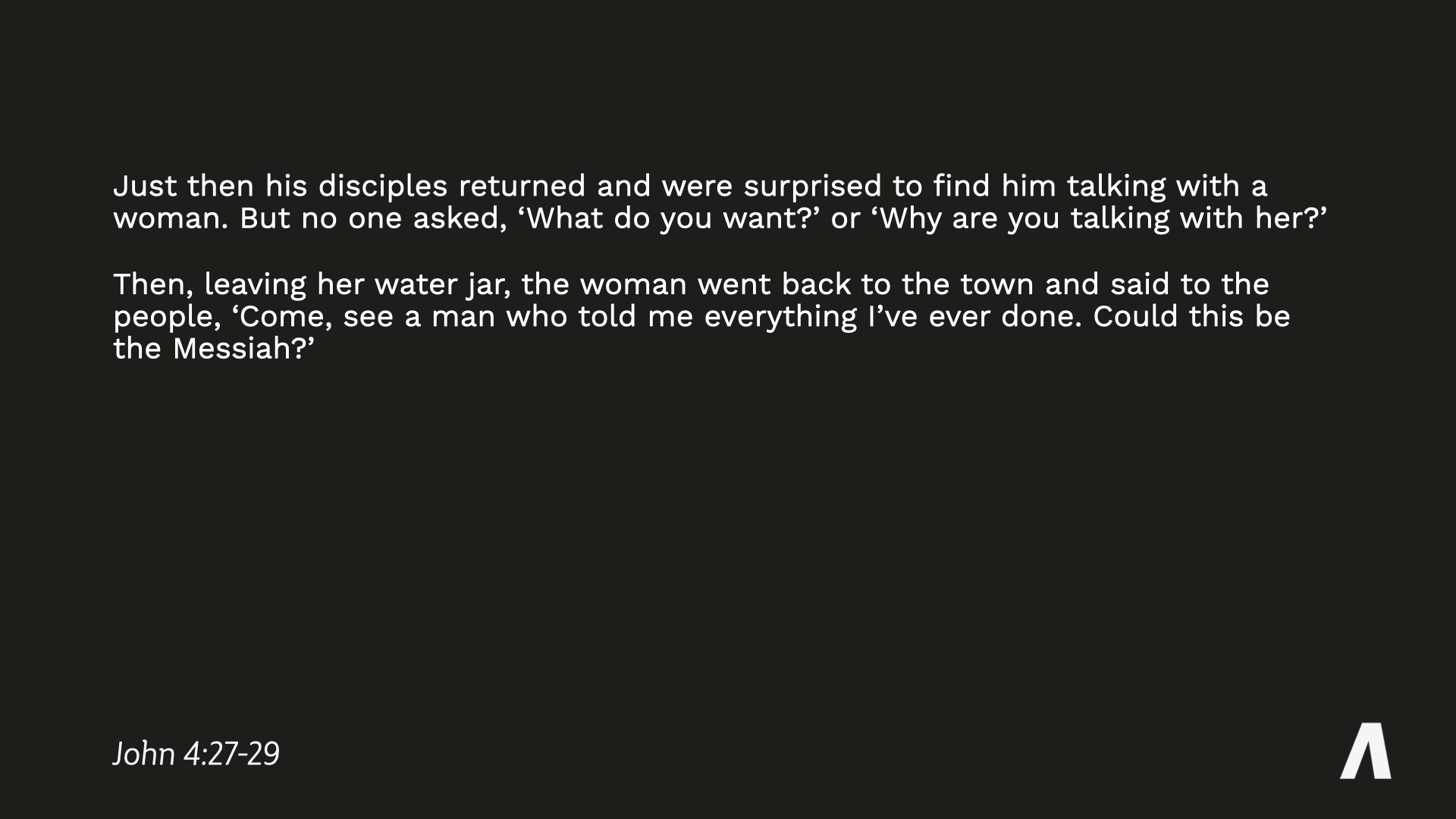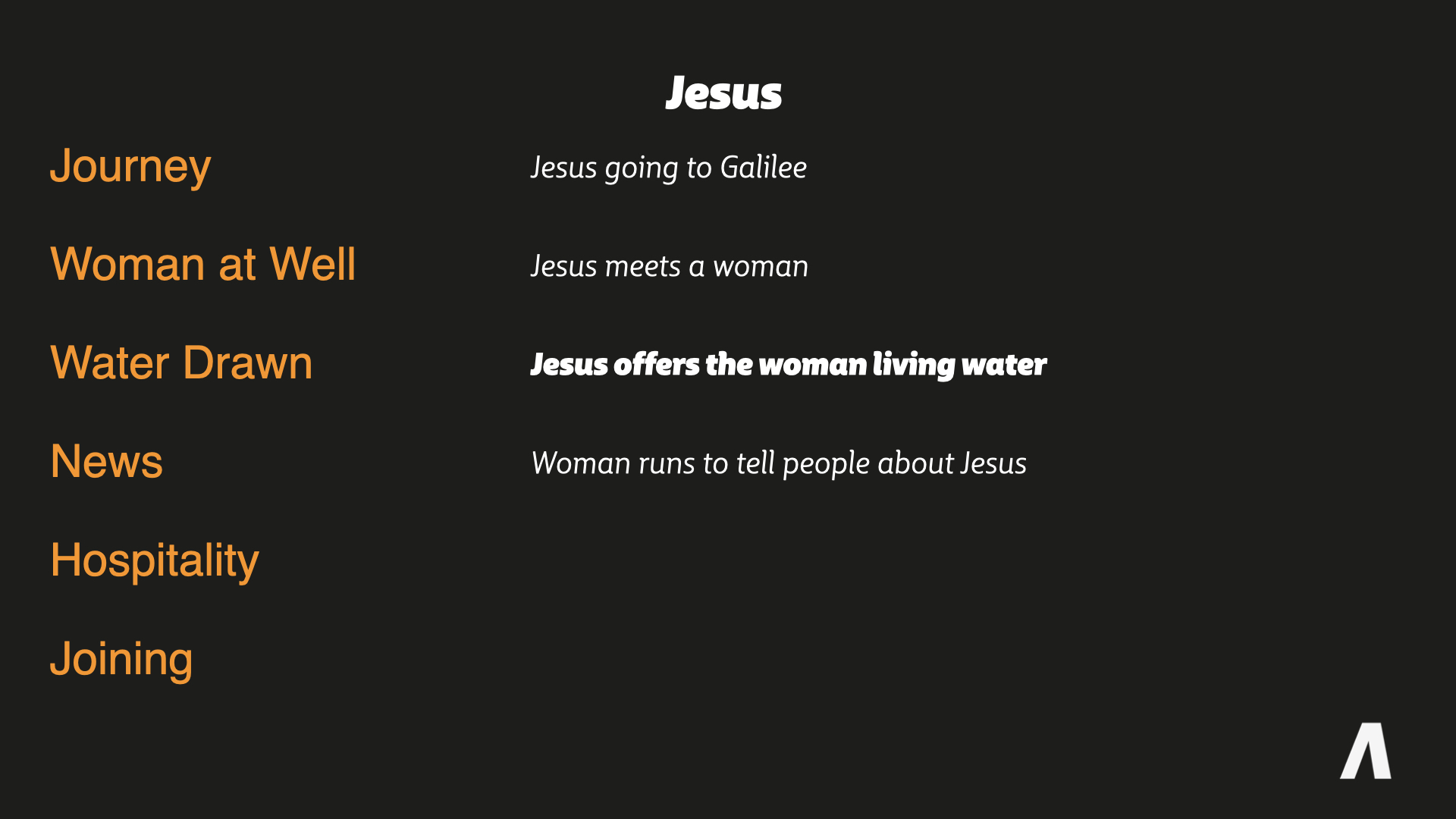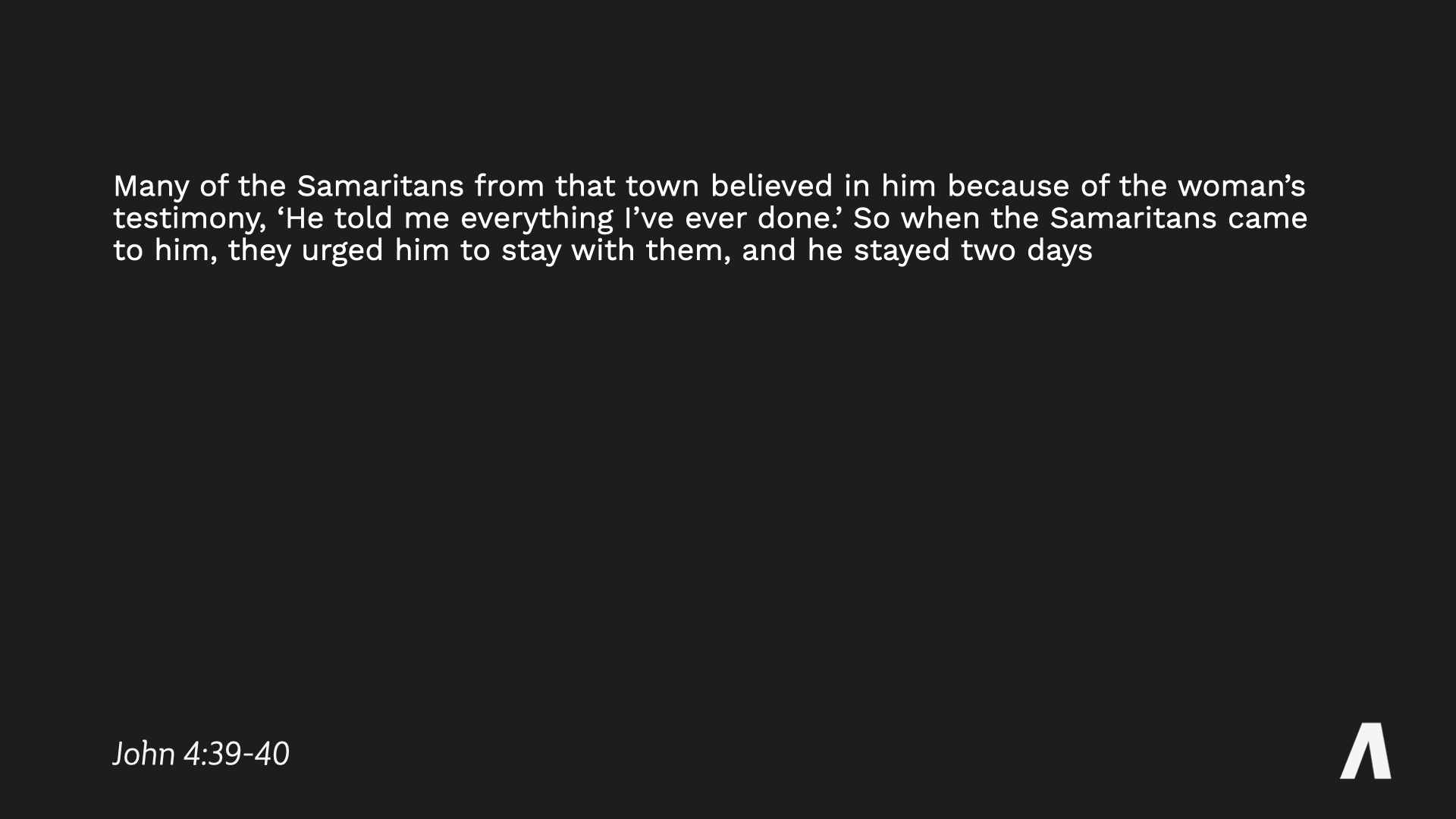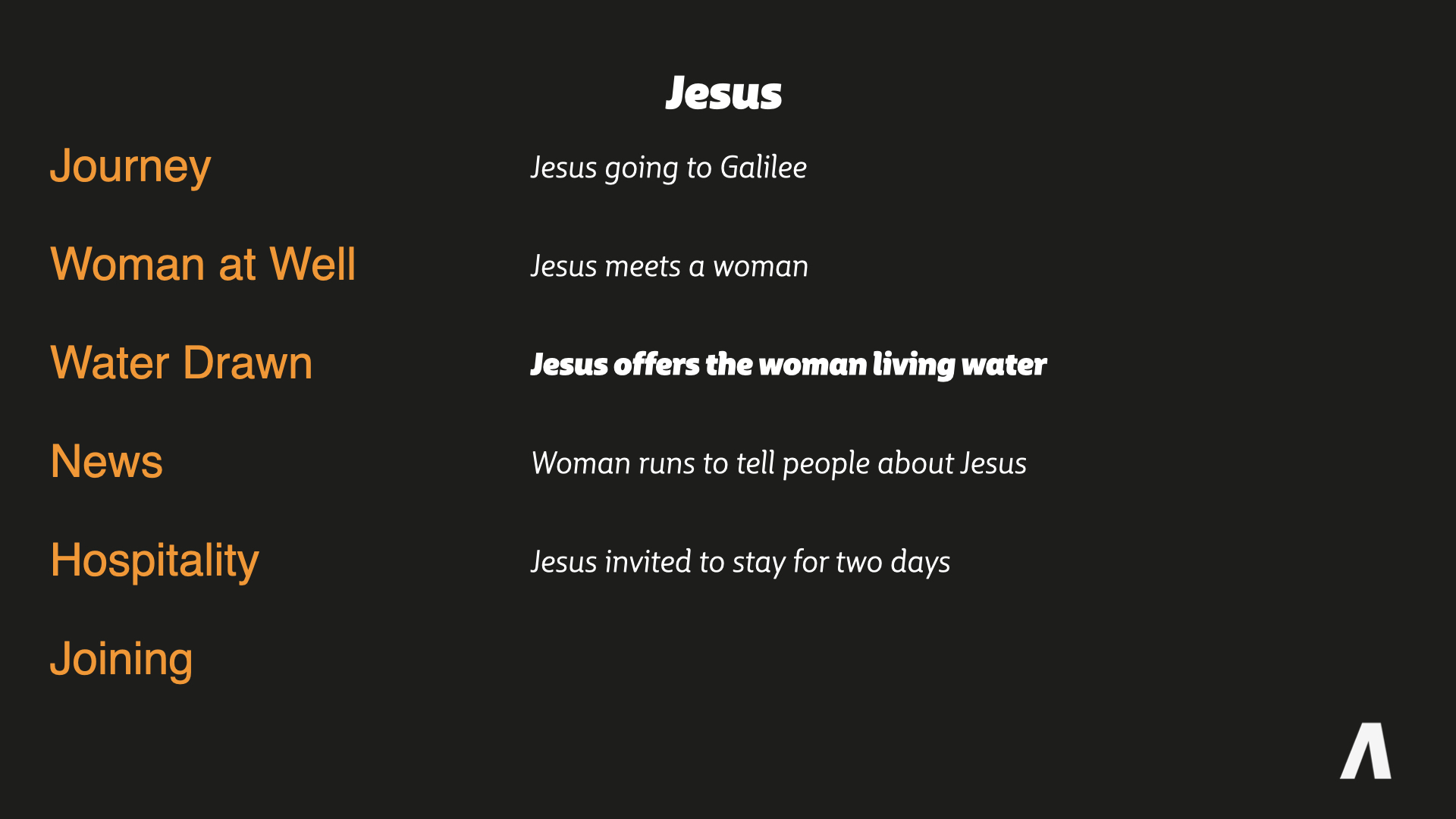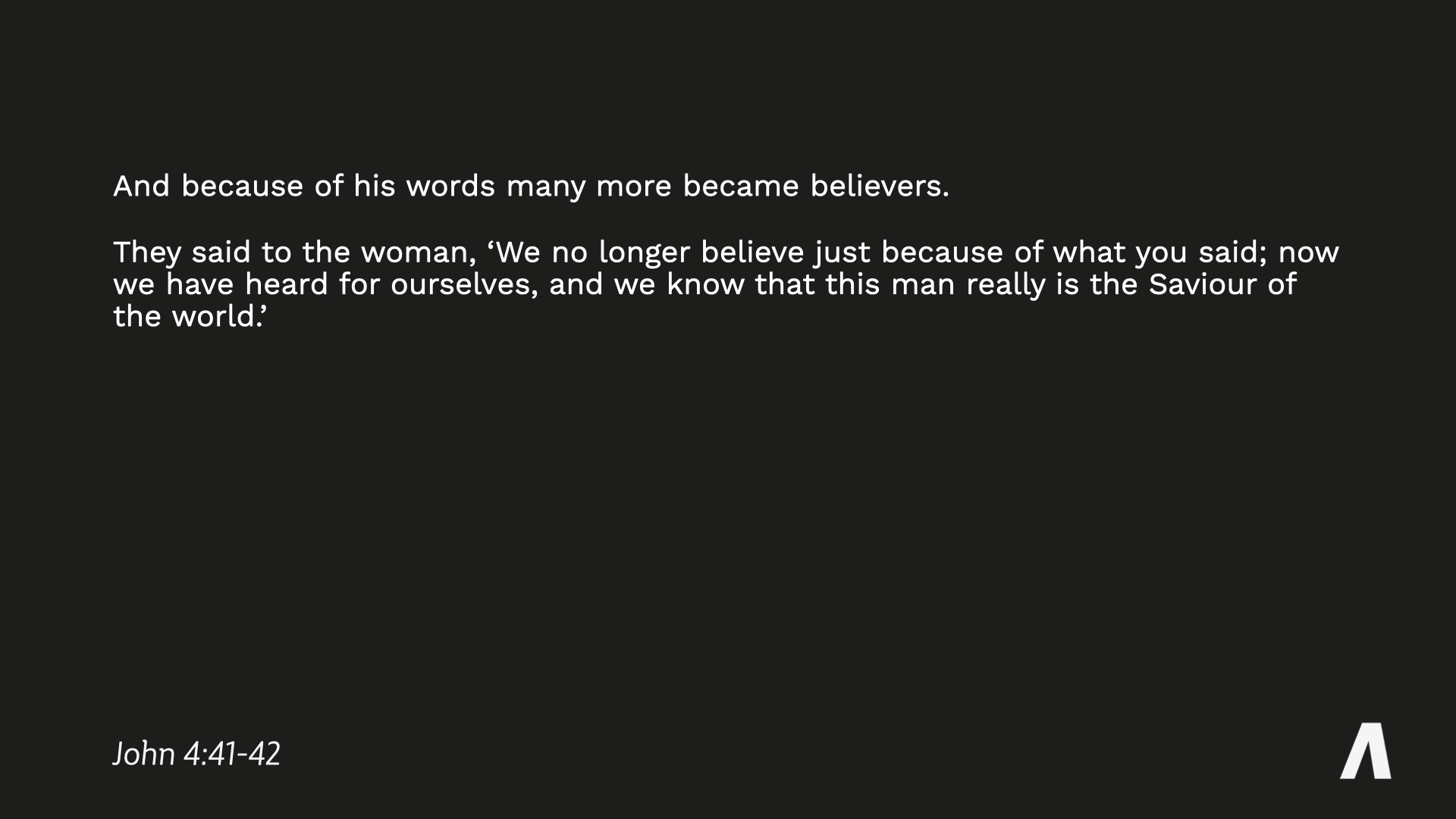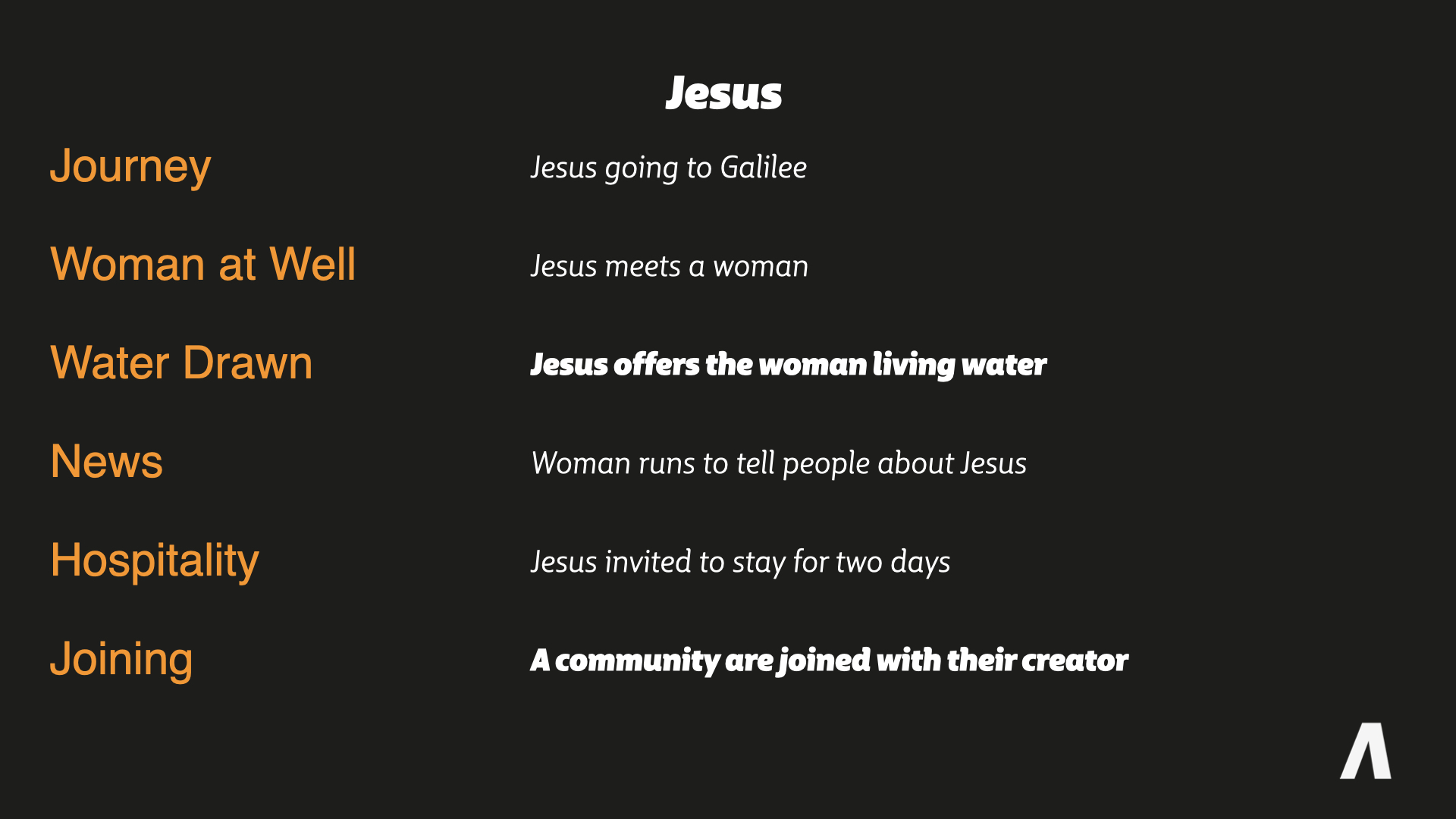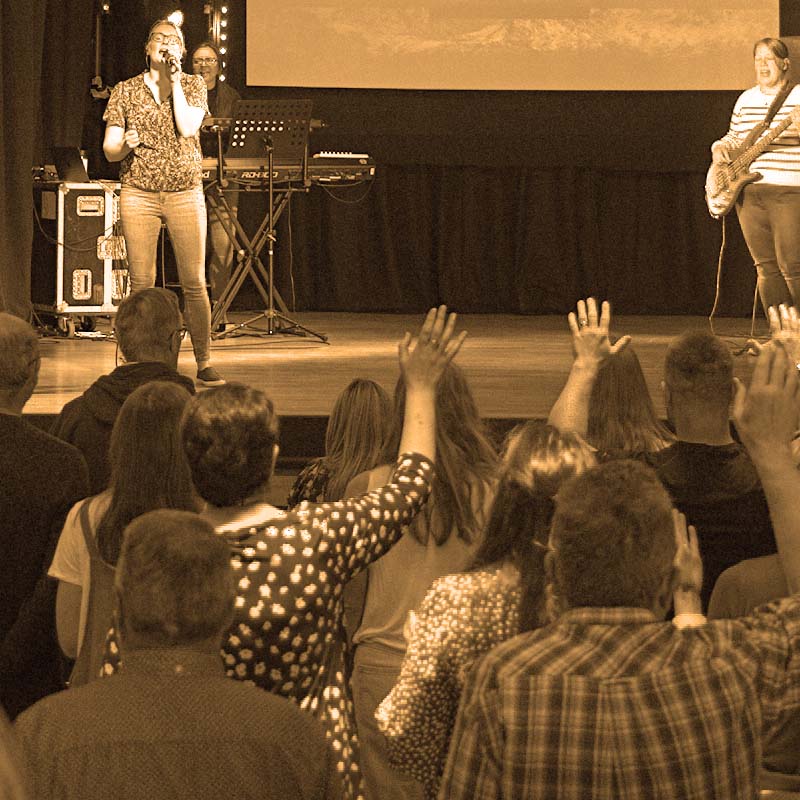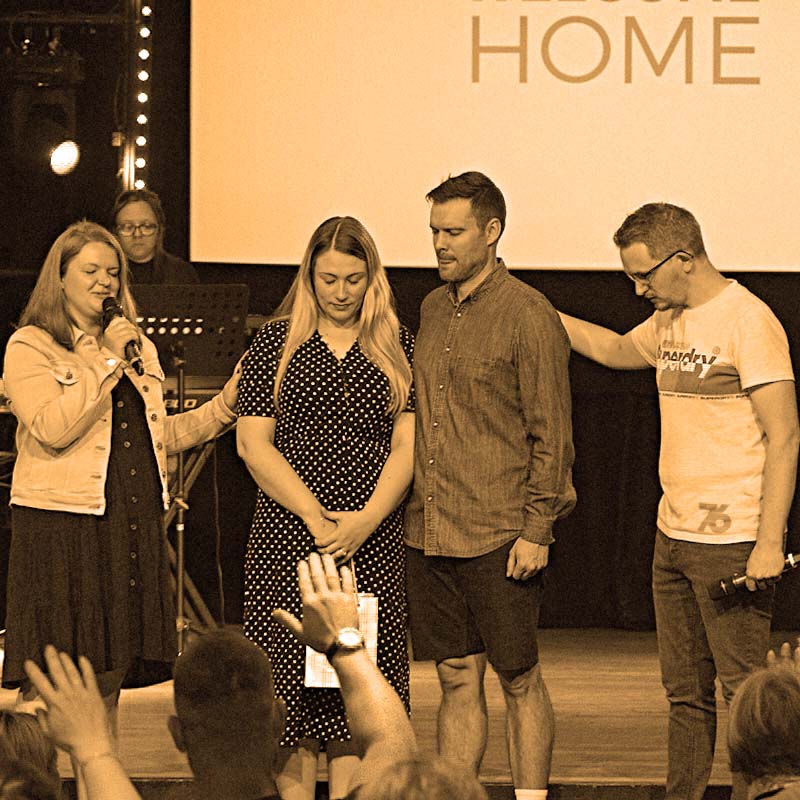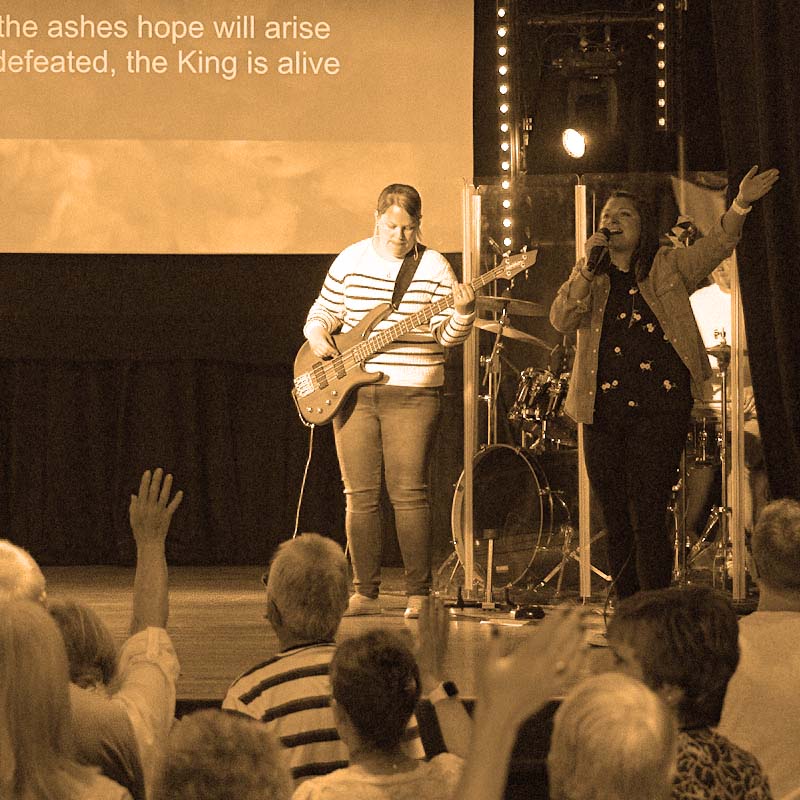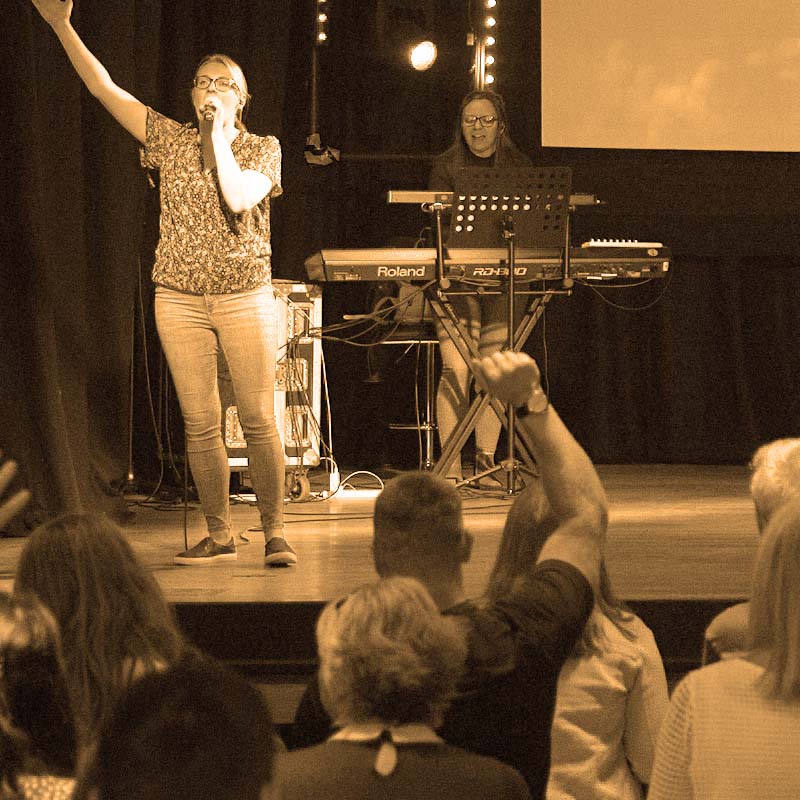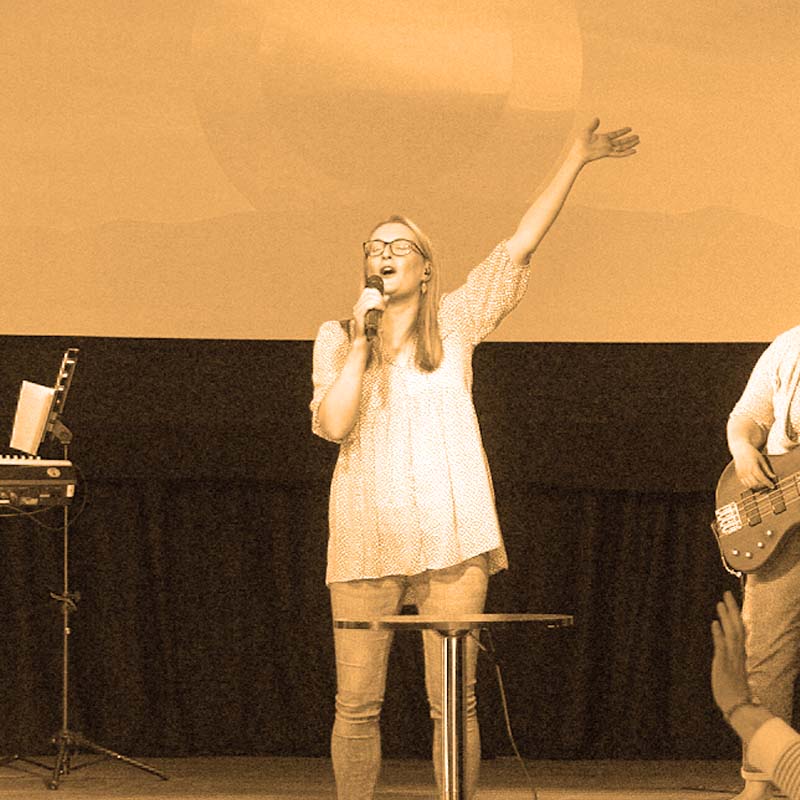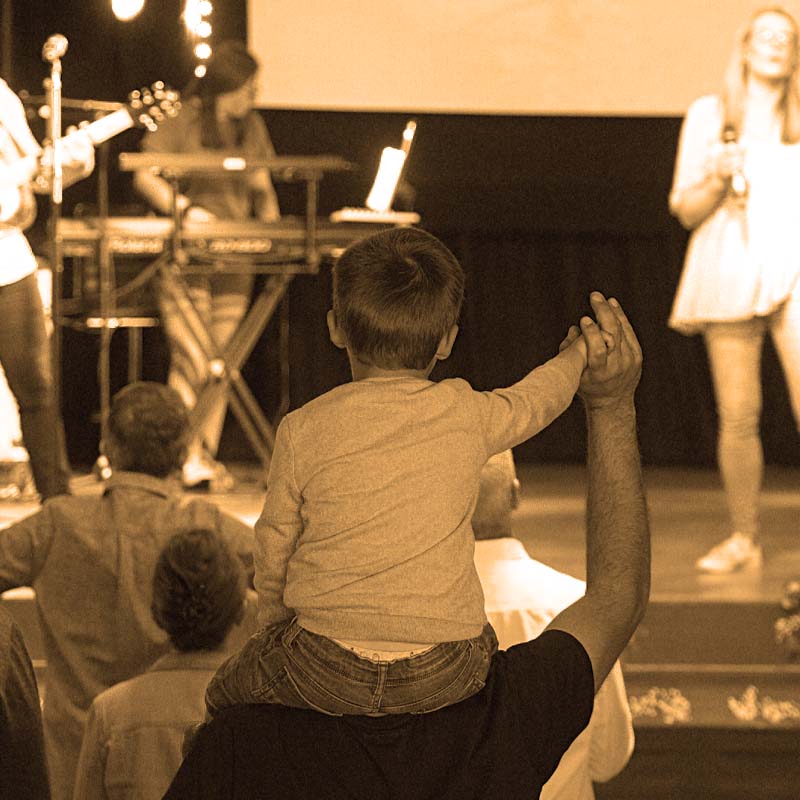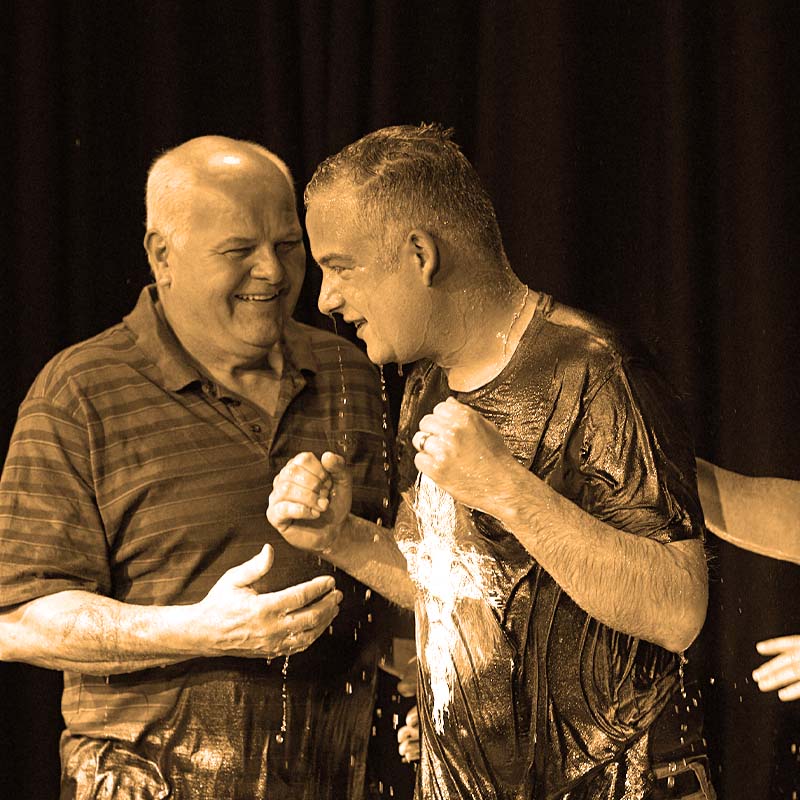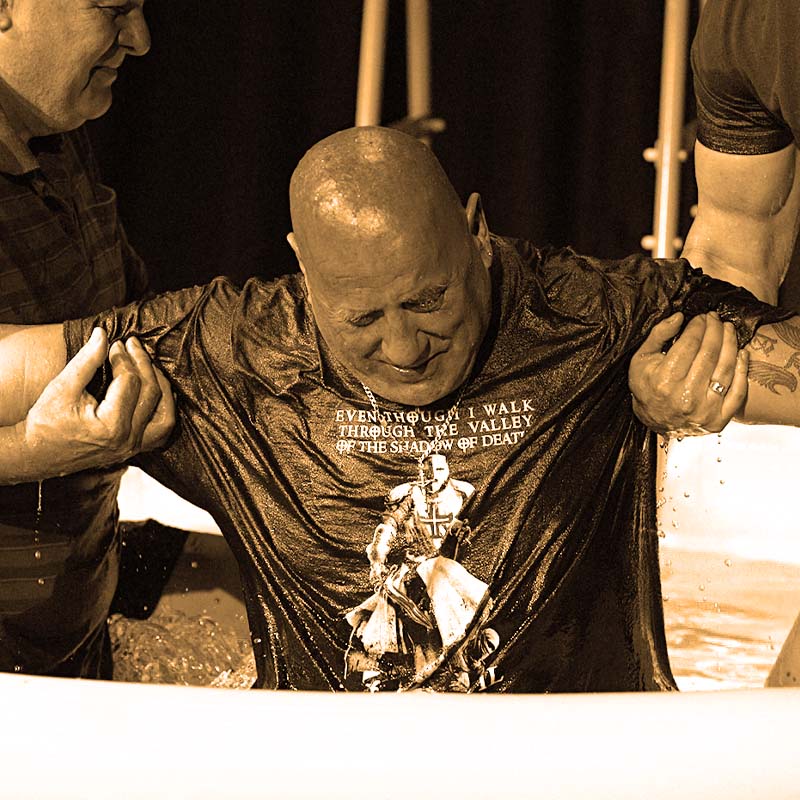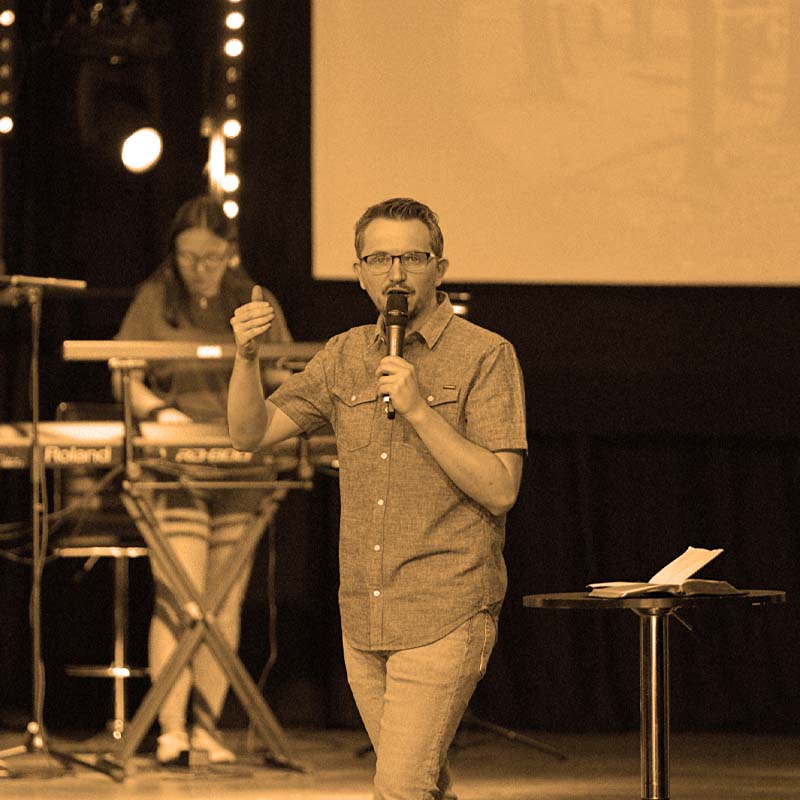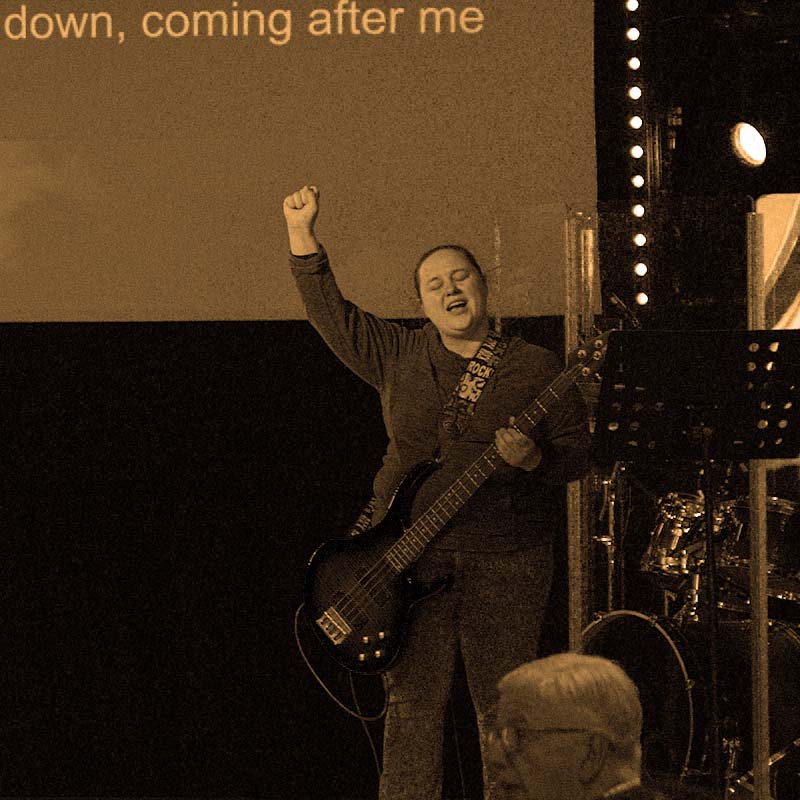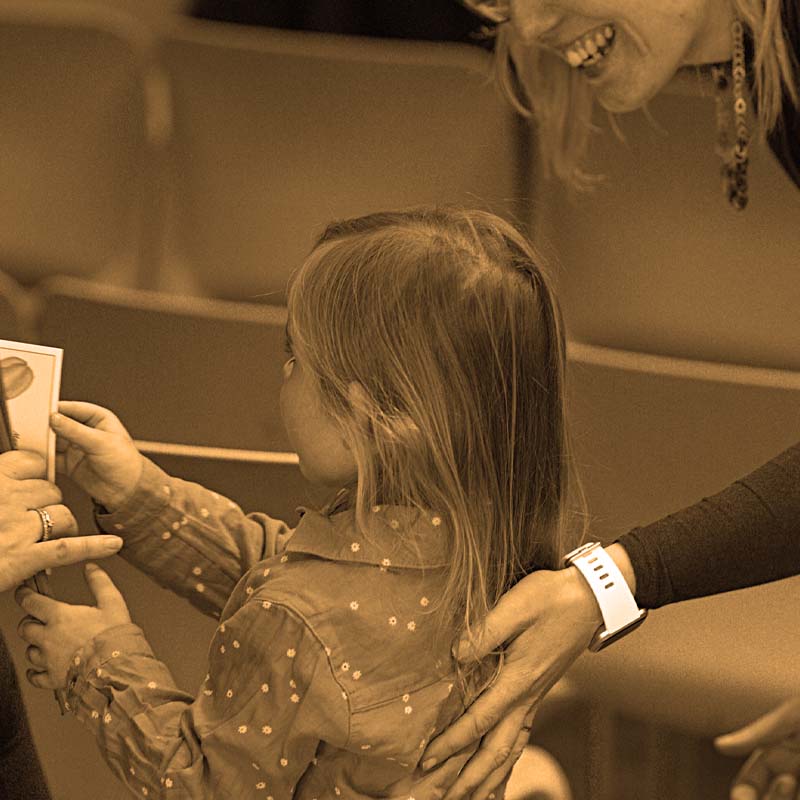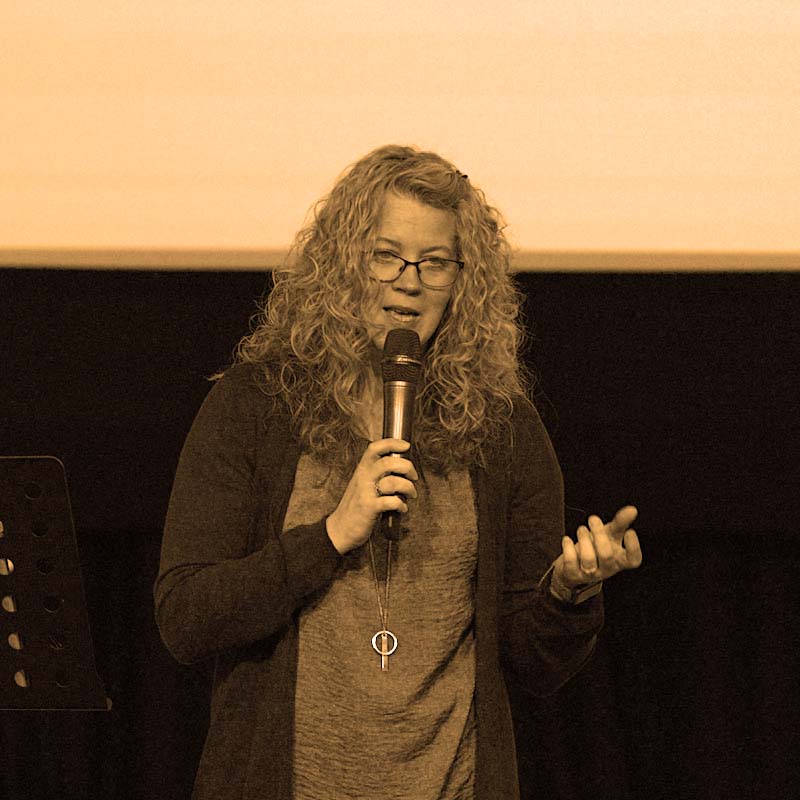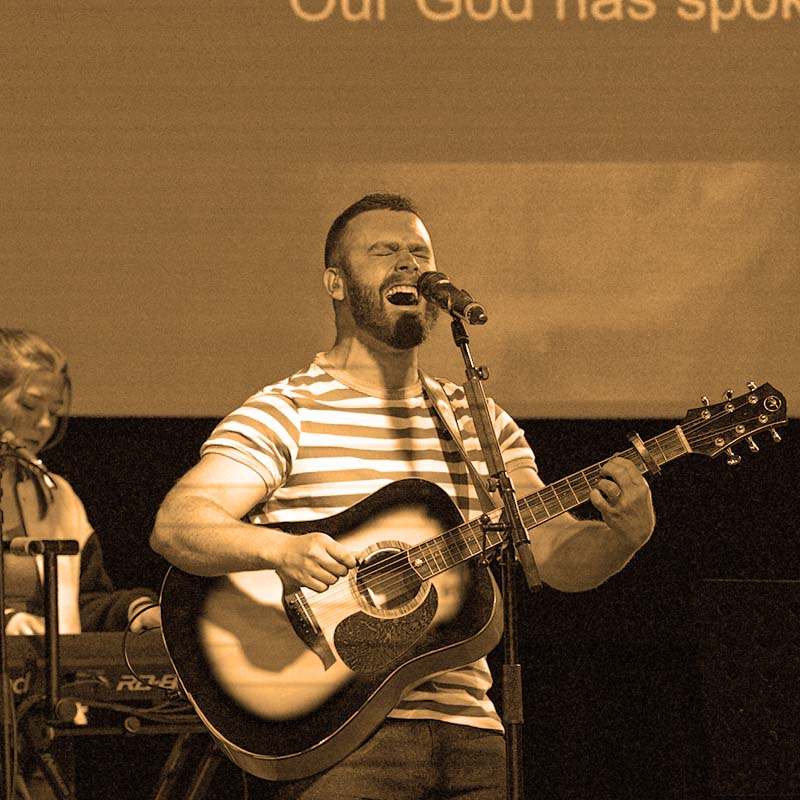A Joining Pattern
- Bible References:
- Bible Reference: Genesis 24, Bible Link: https://www.biblegateway.com/passage/?search=Genesis%2024&version=NIV, Bible Passage: Abraham was now very old, and the Lord had blessed him in every way. He said to the senior servant in his household, the one in charge of all that he had, “Put your hand under my thigh. I want you to swear by the Lord, the God of heaven and the God of earth, that you will not get a wife for my son from the daughters of the Canaanites, among whom I am living, but will go to my country and my own relatives and get a wife for my son Isaac.” The servant asked him, “What if the woman is unwilling to come back with me to this land? Shall I then take your son back to the country you came from?” “Make sure that you do not take my son back there,” Abraham said. “The Lord, the God of heaven, who brought me out of my father’s household and my native land and who spoke to me and promised me on oath, saying, ‘To your offspring I will give this land’—he will send his angel before you so that you can get a wife for my son from there. If the woman is unwilling to come back with you, then you will be released from this oath of mine. Only do not take my son back there.” So the servant put his hand under the thigh of his master Abraham and swore an oath to him concerning this matter. Then the servant left, taking with him ten of his master’s camels loaded with all kinds of good things from his master. He set out for Aram Naharaim and made his way to the town of Nahor. He had the camels kneel down near the well outside the town; it was toward evening, the time the women go out to draw water. Then he prayed, “Lord, God of my master Abraham, make me successful today, and show kindness to my master Abraham. See, I am standing beside this spring, and the daughters of the townspeople are coming out to draw water. May it be that when I say to a young woman, ‘Please let down your jar that I may have a drink,’ and she says, ‘Drink, and I’ll water your camels too’—let her be the one you have chosen for your servant Isaac. By this I will know that you have shown kindness to my master.” Before he had finished praying, Rebekah came out with her jar on her shoulder. She was the daughter of Bethuel son of Milkah, who was the wife of Abraham’s brother Nahor. The woman was very beautiful, a virgin; no man had ever slept with her. She went down to the spring, filled her jar and came up again. The servant hurried to meet her and said, “Please give me a little water from your jar.” “Drink, my lord,” she said, and quickly lowered the jar to her hands and gave him a drink. After she had given him a drink, she said, “I’ll draw water for your camels too, until they have had enough to drink.” So she quickly emptied her jar into the trough, ran back to the well to draw more water, and drew enough for all his camels. Without saying a word, the man watched her closely to learn whether or not the Lord had made his journey successful. When the camels had finished drinking, the man took out a gold nose ring weighing a beka and two gold bracelets weighing ten shekels. Then he asked, “Whose daughter are you? Please tell me, is there room in your father’s house for us to spend the night?” She answered him, “I am the daughter of Bethuel, the son that Milkah bore to Nahor.” And she added, “We have plenty of straw and fodder, as well as room for you to spend the night.” Then the man bowed down and worshiped the Lord, saying, “Praise be to the Lord, the God of my master Abraham, who has not abandoned his kindness and faithfulness to my master. As for me, the Lord has led me on the journey to the house of my master’s relatives.” The young woman ran and told her mother’s household about these things. Now Rebekah had a brother named Laban, and he hurried out to the man at the spring. As soon as he had seen the nose ring, and the bracelets on his sister’s arms, and had heard Rebekah tell what the man said to her, he went out to the man and found him standing by the camels near the spring. “Come, you who are blessed by the Lord,” he said. “Why are you standing out here? I have prepared the house and a place for the camels.” So the man went to the house, and the camels were unloaded. Straw and fodder were brought for the camels, and water for him and his men to wash their feet. Then food was set before him, but he said, “I will not eat until I have told you what I have to say.” “Then tell us,” Laban said. So he said, “I am Abraham’s servant. The Lord has blessed my master abundantly, and he has become wealthy. He has given him sheep and cattle, silver and gold, male and female servants, and camels and donkeys. My master’s wife Sarah has borne him a son in her old age, and he has given him everything he owns. And my master made me swear an oath, and said, ‘You must not get a wife for my son from the daughters of the Canaanites, in whose land I live, but go to my father’s family and to my own clan, and get a wife for my son.’ “Then I asked my master, ‘What if the woman will not come back with me?’ “He replied, ‘The Lord, before whom I have walked faithfully, will send his angel with you and make your journey a success, so that you can get a wife for my son from my own clan and from my father’s family. You will be released from my oath if, when you go to my clan, they refuse to give her to you—then you will be released from my oath.’ “When I came to the spring today, I said, ‘Lord, God of my master Abraham, if you will, please grant success to the journey on which I have come. See, I am standing beside this spring. If a young woman comes out to draw water and I say to her, “Please let me drink a little water from your jar,” and if she says to me, “Drink, and I’ll draw water for your camels too,” let her be the one the Lord has chosen for my master’s son.’ “Before I finished praying in my heart, Rebekah came out, with her jar on her shoulder. She went down to the spring and drew water, and I said to her, ‘Please give me a drink.’ “She quickly lowered her jar from her shoulder and said, ‘Drink, and I’ll water your camels too.’ So I drank, and she watered the camels also. “I asked her, ‘Whose daughter are you?’ “She said, ‘The daughter of Bethuel son of Nahor, whom Milkah bore to him.’ “Then I put the ring in her nose and the bracelets on her arms, and I bowed down and worshiped the Lord. I praised the Lord, the God of my master Abraham, who had led me on the right road to get the granddaughter of my master’s brother for his son. Now if you will show kindness and faithfulness to my master, tell me; and if not, tell me, so I may know which way to turn.” Laban and Bethuel answered, “This is from the Lord; we can say nothing to you one way or the other. Here is Rebekah; take her and go, and let her become the wife of your master’s son, as the Lord has directed.” When Abraham’s servant heard what they said, he bowed down to the ground before the Lord. Then the servant brought out gold and silver jewelry and articles of clothing and gave them to Rebekah; he also gave costly gifts to her brother and to her mother. Then he and the men who were with him ate and drank and spent the night there. When they got up the next morning, he said, “Send me on my way to my master.” But her brother and her mother replied, “Let the young woman remain with us ten days or so; then you may go.” But he said to them, “Do not detain me, now that the Lord has granted success to my journey. Send me on my way so I may go to my master.” Then they said, “Let’s call the young woman and ask her about it.” So they called Rebekah and asked her, “Will you go with this man?” “I will go,” she said. So they sent their sister Rebekah on her way, along with her nurse and Abraham’s servant and his men. And they blessed Rebekah and said to her, “Our sister, may you increase to thousands upon thousands; may your offspring possess the cities of their enemies.” Then Rebekah and her attendants got ready and mounted the camels and went back with the man. So the servant took Rebekah and left. Now Isaac had come from Beer Lahai Roi, for he was living in the Negev. He went out to the field one evening to meditate, and as he looked up, he saw camels approaching. Rebekah also looked up and saw Isaac. She got down from her camel and asked the servant, “Who is that man in the field coming to meet us?” “He is my master,” the servant answered. So she took her veil and covered herself. Then the servant told Isaac all he had done. Isaac brought her into the tent of his mother Sarah, and he married Rebekah. So she became his wife, and he loved her; and Isaac was comforted after his mother’s death.
- Bible Reference: Genesis 29, Bible Link: https://www.biblegateway.com/passage/?search=Genesis+29&version=NIV, Bible Passage: Then Jacob continued on his journey and came to the land of the eastern peoples. There he saw a well in the open country, with three flocks of sheep lying near it because the flocks were watered from that well. The stone over the mouth of the well was large. When all the flocks were gathered there, the shepherds would roll the stone away from the well’s mouth and water the sheep. Then they would return the stone to its place over the mouth of the well. Jacob asked the shepherds, “My brothers, where are you from?” “We’re from Harran,” they replied. He said to them, “Do you know Laban, Nahor’s grandson?” “Yes, we know him,” they answered. Then Jacob asked them, “Is he well?” “Yes, he is,” they said, “and here comes his daughter Rachel with the sheep.” “Look,” he said, “the sun is still high; it is not time for the flocks to be gathered. Water the sheep and take them back to pasture.” “We can’t,” they replied, “until all the flocks are gathered and the stone has been rolled away from the mouth of the well. Then we will water the sheep.” While he was still talking with them, Rachel came with her father’s sheep, for she was a shepherd. When Jacob saw Rachel daughter of his uncle Laban, and Laban’s sheep, he went over and rolled the stone away from the mouth of the well and watered his uncle’s sheep. Then Jacob kissed Rachel and began to weep aloud. He had told Rachel that he was a relative of her father and a son of Rebekah. So she ran and told her father. As soon as Laban heard the news about Jacob, his sister’s son, he hurried to meet him. He embraced him and kissed him and brought him to his home, and there Jacob told him all these things. Then Laban said to him, “You are my own flesh and blood.” After Jacob had stayed with him for a whole month, Laban said to him, “Just because you are a relative of mine, should you work for me for nothing? Tell me what your wages should be.” Now Laban had two daughters; the name of the older was Leah, and the name of the younger was Rachel. Leah had weak eyes, but Rachel had a lovely figure and was beautiful. Jacob was in love with Rachel and said, “I’ll work for you seven years in return for your younger daughter Rachel.” Laban said, “It’s better that I give her to you than to some other man. Stay here with me.” So Jacob served seven years to get Rachel, but they seemed like only a few days to him because of his love for her. Then Jacob said to Laban, “Give me my wife. My time is completed, and I want to make love to her.” So Laban brought together all the people of the place and gave a feast. But when evening came, he took his daughter Leah and brought her to Jacob, and Jacob made love to her. And Laban gave his servant Zilpah to his daughter as her attendant. When morning came, there was Leah! So Jacob said to Laban, “What is this you have done to me? I served you for Rachel, didn’t I? Why have you deceived me?” Laban replied, “It is not our custom here to give the younger daughter in marriage before the older one. Finish this daughter’s bridal week; then we will give you the younger one also, in return for another seven years of work.” And Jacob did so. He finished the week with Leah, and then Laban gave him his daughter Rachel to be his wife. Laban gave his servant Bilhah to his daughter Rachel as her attendant. Jacob made love to Rachel also, and his love for Rachel was greater than his love for Leah. And he worked for Laban another seven years. When the Lord saw that Leah was not loved, he enabled her to conceive, but Rachel remained childless. Leah became pregnant and gave birth to a son. She named him Reuben, for she said, “It is because the Lord has seen my misery. Surely my husband will love me now.” She conceived again, and when she gave birth to a son she said, “Because the Lord heard that I am not loved, he gave me this one too.” So she named him Simeon. Again she conceived, and when she gave birth to a son she said, “Now at last my husband will become attached to me, because I have borne him three sons.” So he was named Levi. She conceived again, and when she gave birth to a son she said, “This time I will praise the Lord.” So she named him Judah. Then she stopped having children.
- Bible Reference: John 4:1-42, Bible Link: https://www.biblegateway.com/passage/?search=John+4%3A1-42&version=NIV, Bible Passage: Now Jesus learned that the Pharisees had heard that he was gaining and baptizing more disciples than John— although in fact it was not Jesus who baptized, but his disciples. So he left Judea and went back once more to Galilee. Now he had to go through Samaria. So he came to a town in Samaria called Sychar, near the plot of ground Jacob had given to his son Joseph. Jacob’s well was there, and Jesus, tired as he was from the journey, sat down by the well. It was about noon. When a Samaritan woman came to draw water, Jesus said to her, “Will you give me a drink?” (His disciples had gone into the town to buy food.) The Samaritan woman said to him, “You are a Jew and I am a Samaritan woman. How can you ask me for a drink?” (For Jews do not associate with Samaritans.) Jesus answered her, “If you knew the gift of God and who it is that asks you for a drink, you would have asked him and he would have given you living water.” “Sir,” the woman said, “you have nothing to draw with and the well is deep. Where can you get this living water? Are you greater than our father Jacob, who gave us the well and drank from it himself, as did also his sons and his livestock?” Jesus answered, “Everyone who drinks this water will be thirsty again, but whoever drinks the water I give them will never thirst. Indeed, the water I give them will become in them a spring of water welling up to eternal life.” The woman said to him, “Sir, give me this water so that I won’t get thirsty and have to keep coming here to draw water.” He told her, “Go, call your husband and come back.” “I have no husband,” she replied. Jesus said to her, “You are right when you say you have no husband. The fact is, you have had five husbands, and the man you now have is not your husband. What you have just said is quite true.” “Sir,” the woman said, “I can see that you are a prophet. Our ancestors worshiped on this mountain, but you Jews claim that the place where we must worship is in Jerusalem.” “Woman,” Jesus replied, “believe me, a time is coming when you will worship the Father neither on this mountain nor in Jerusalem. You Samaritans worship what you do not know; we worship what we do know, for salvation is from the Jews. Yet a time is coming and has now come when the true worshipers will worship the Father in the Spirit and in truth, for they are the kind of worshipers the Father seeks. God is spirit, and his worshipers must worship in the Spirit and in truth.” The woman said, “I know that Messiah” (called Christ) “is coming. When he comes, he will explain everything to us.” Then Jesus declared, “I, the one speaking to you—I am he.” Just then his disciples returned and were surprised to find him talking with a woman. But no one asked, “What do you want?” or “Why are you talking with her?” Then, leaving her water jar, the woman went back to the town and said to the people, “Come, see a man who told me everything I ever did. Could this be the Messiah?” They came out of the town and made their way toward him. Meanwhile his disciples urged him, “Rabbi, eat something.” But he said to them, “I have food to eat that you know nothing about.” Then his disciples said to each other, “Could someone have brought him food?” “My food,” said Jesus, “is to do the will of him who sent me and to finish his work. Don’t you have a saying, ‘It’s still four months until harvest’? I tell you, open your eyes and look at the fields! They are ripe for harvest. Even now the one who reaps draws a wage and harvests a crop for eternal life, so that the sower and the reaper may be glad together. Thus the saying ‘One sows and another reaps’ is true. I sent you to reap what you have not worked for. Others have done the hard work, and you have reaped the benefits of their labor.” Many of the Samaritans from that town believed in him because of the woman’s testimony, “He told me everything I ever did.” So when the Samaritans came to him, they urged him to stay with them, and he stayed two days. And because of his words many more became believers. They said to the woman, “We no longer believe just because of what you said; now we have heard for ourselves, and we know that this man really is the Savior of the world.”
- Episode Preview MP4: Visit Website
- YouTube Link: Visit Website
- Anchor.fm Link: Visit Website
- Spotify Link: Visit Website
- Square Image:
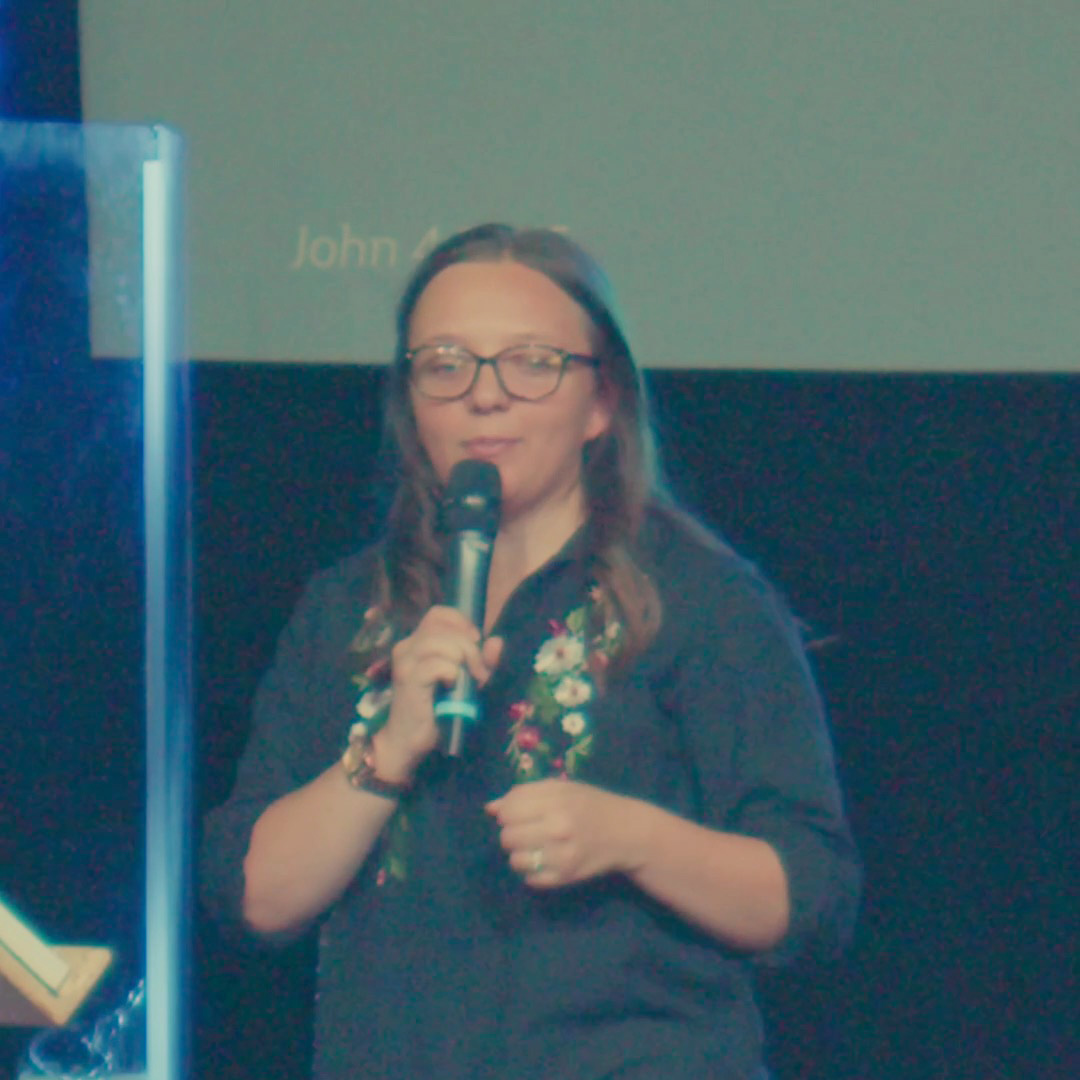
- Portrait Image:
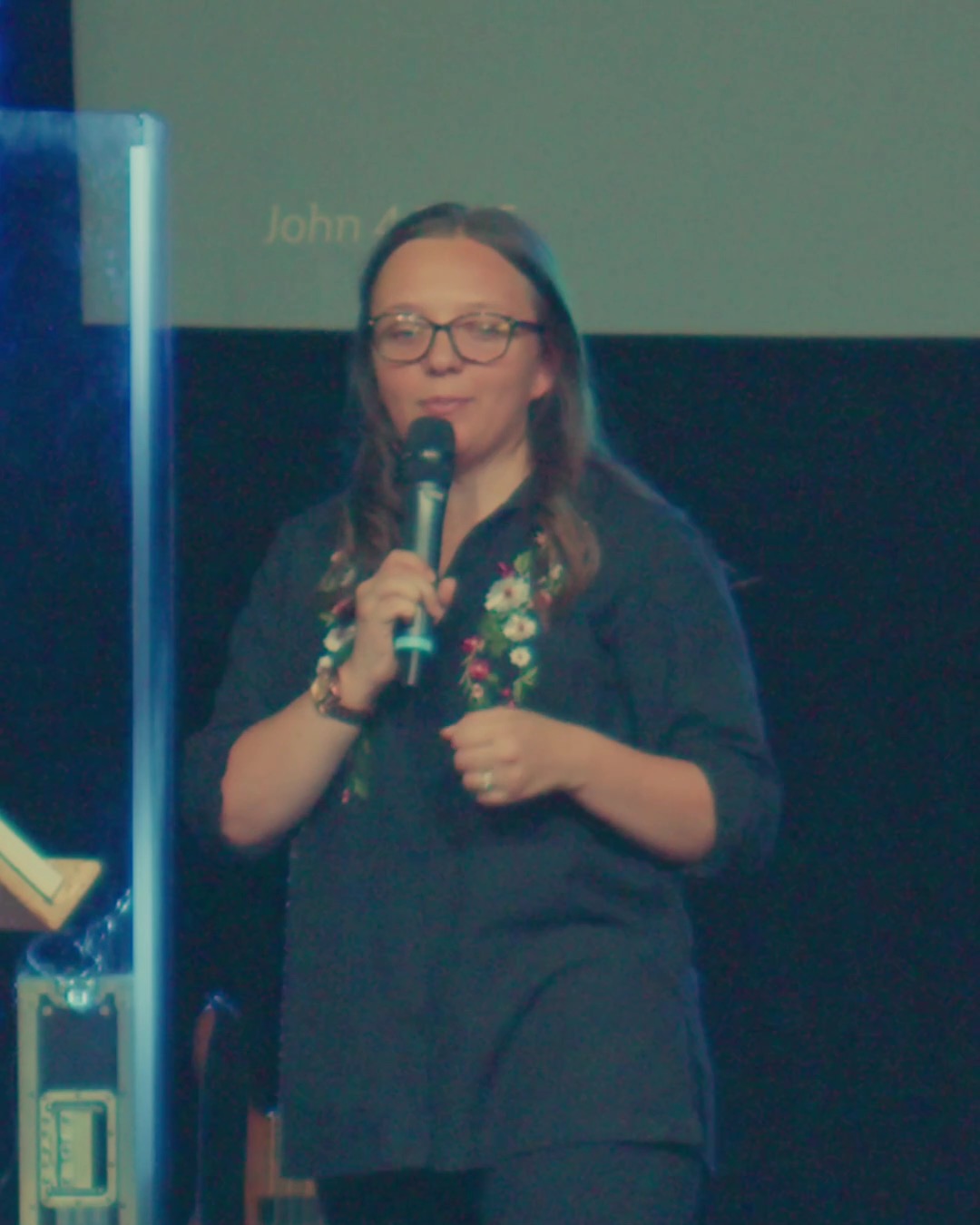
- Rec Date: 21st Aug 2022
Scripture is full of patterns that add depth and richness to what we're reading. A simple story can reveal so much more when we recognise the patterns contained within. In John 4 Jesus meets a Samaritan woman at a well, a simple enough story speaking about the living water of God. But there is so much more to the story if we explore similar encounters in the Old Testament scriptures.
sundayteaching, Samantha O'Connell
- Hits: 1091

